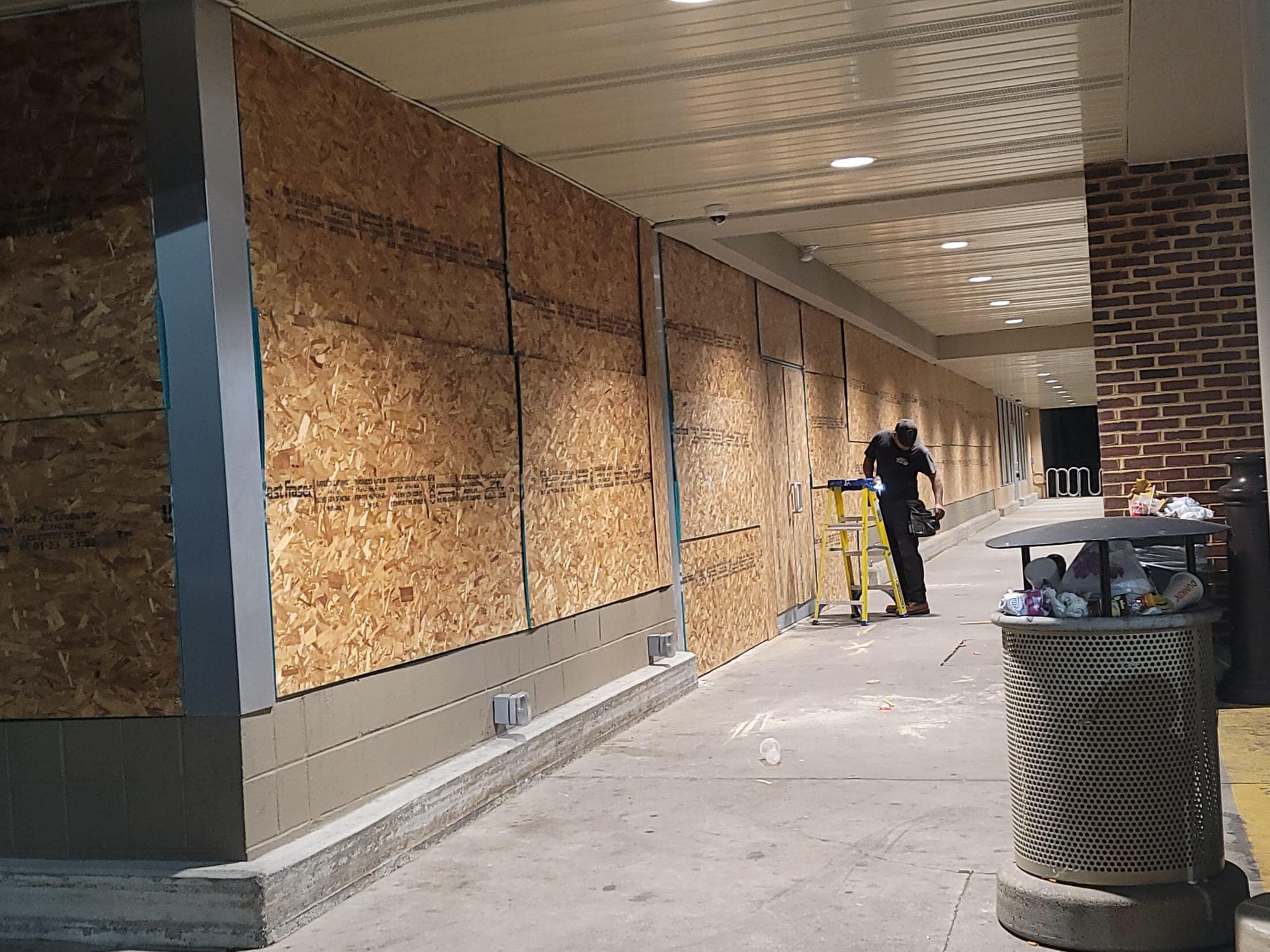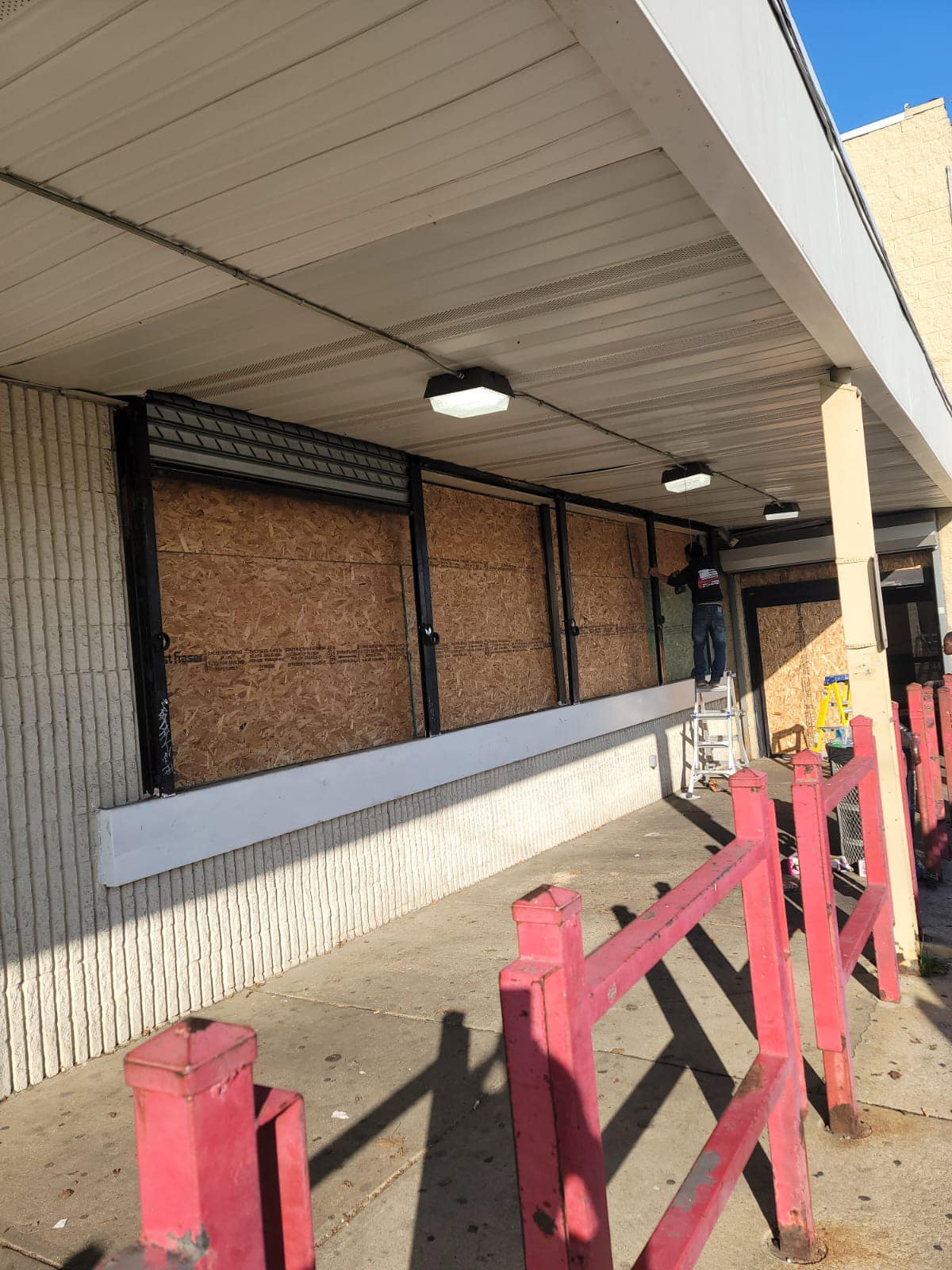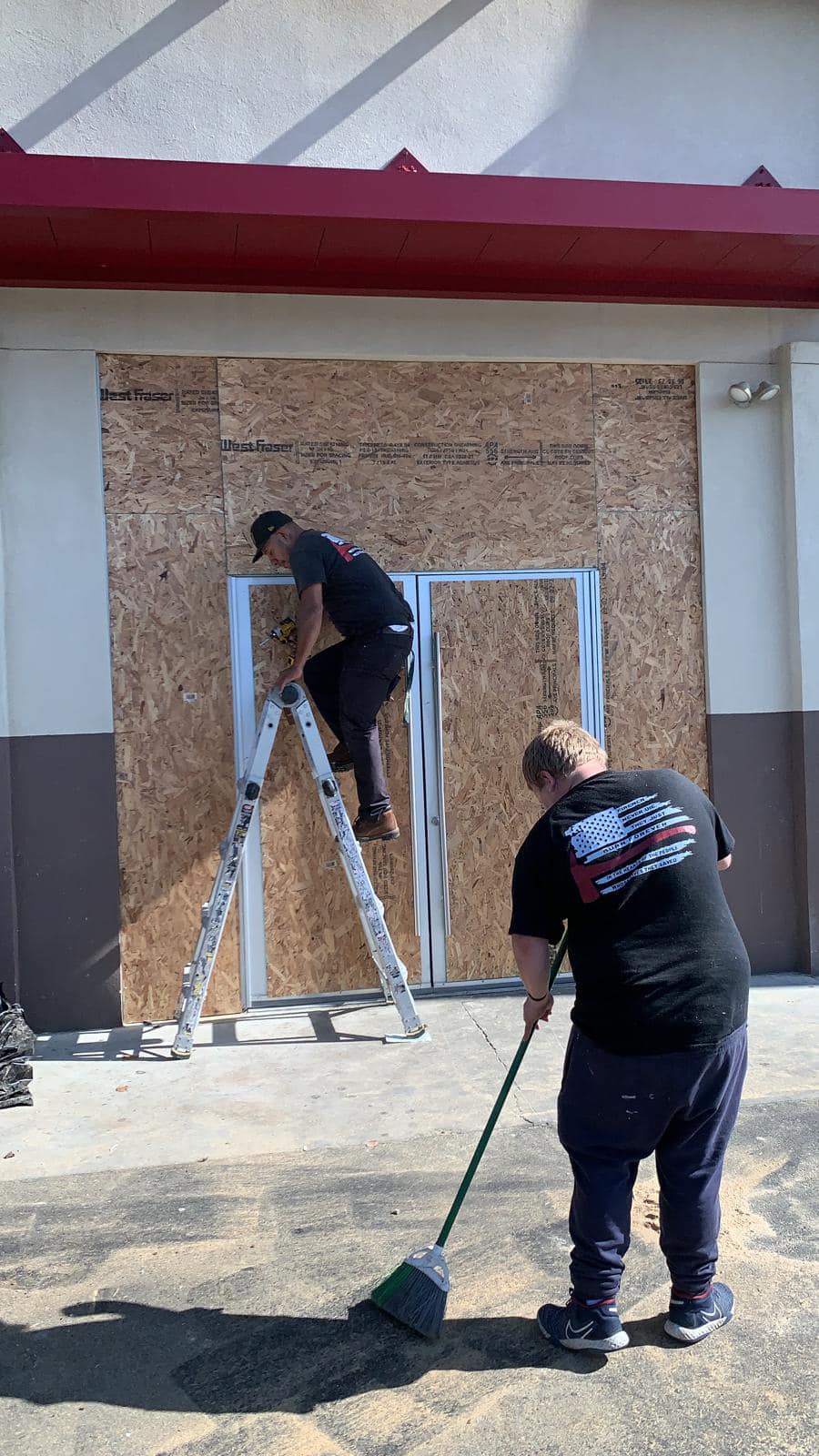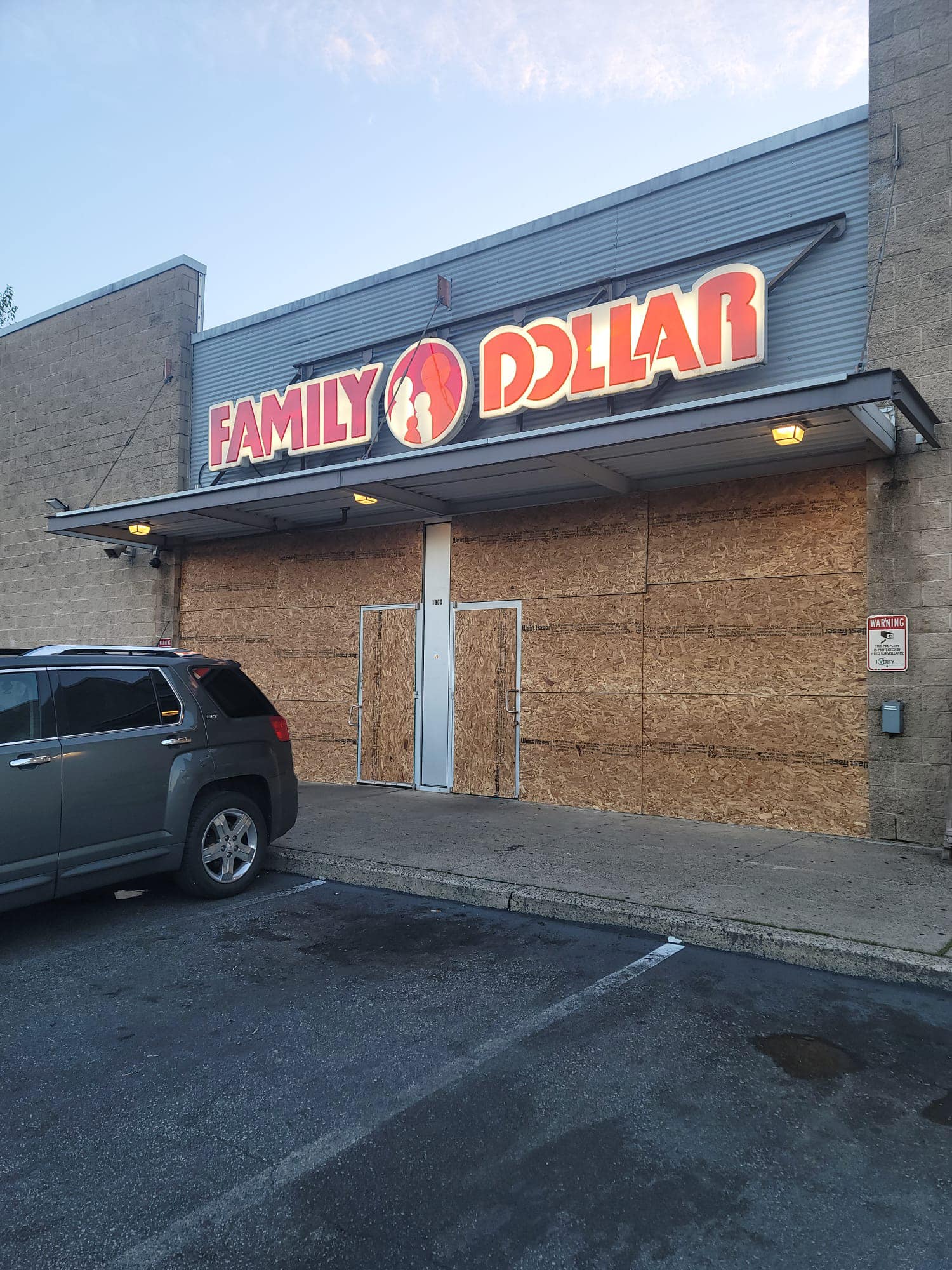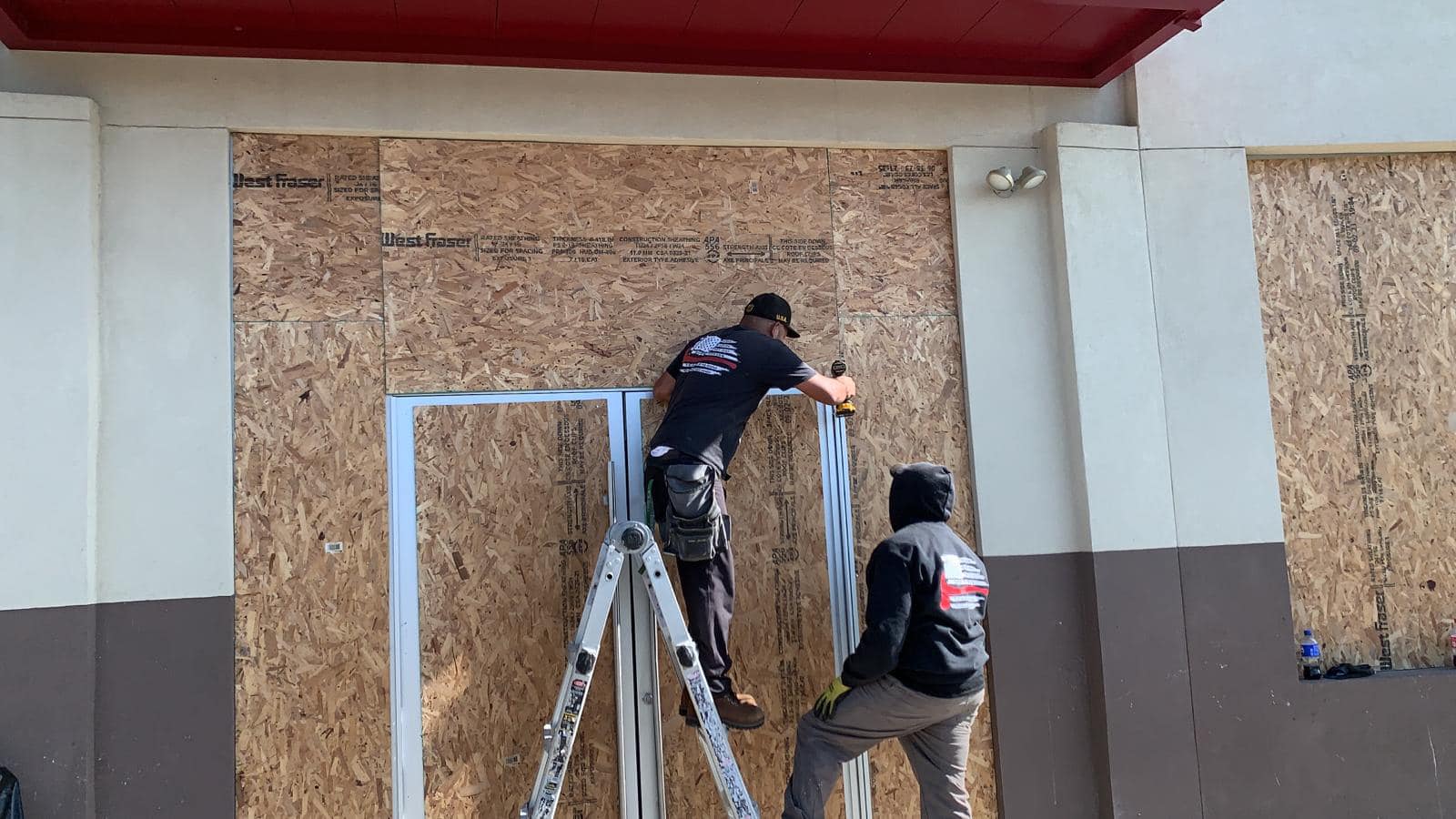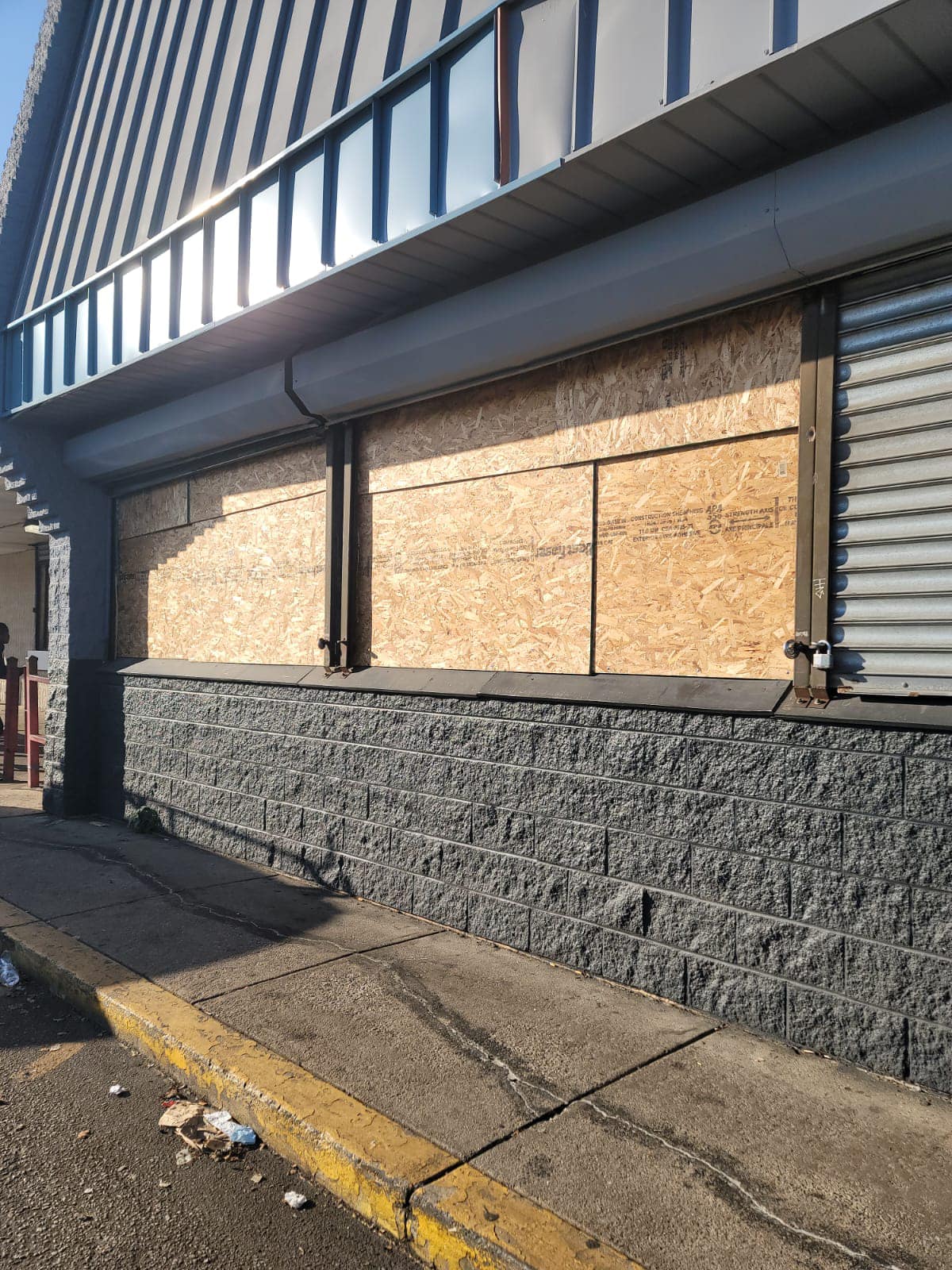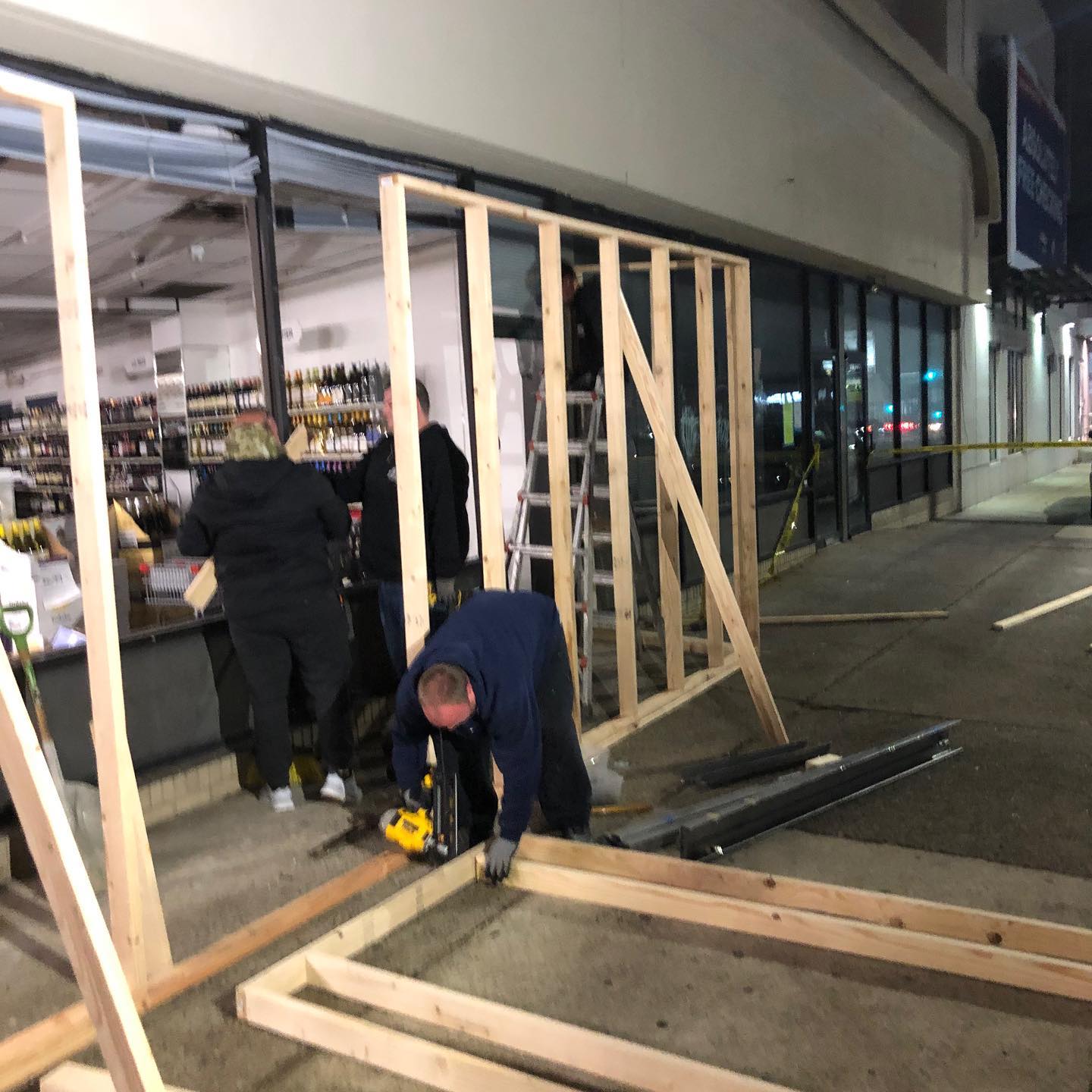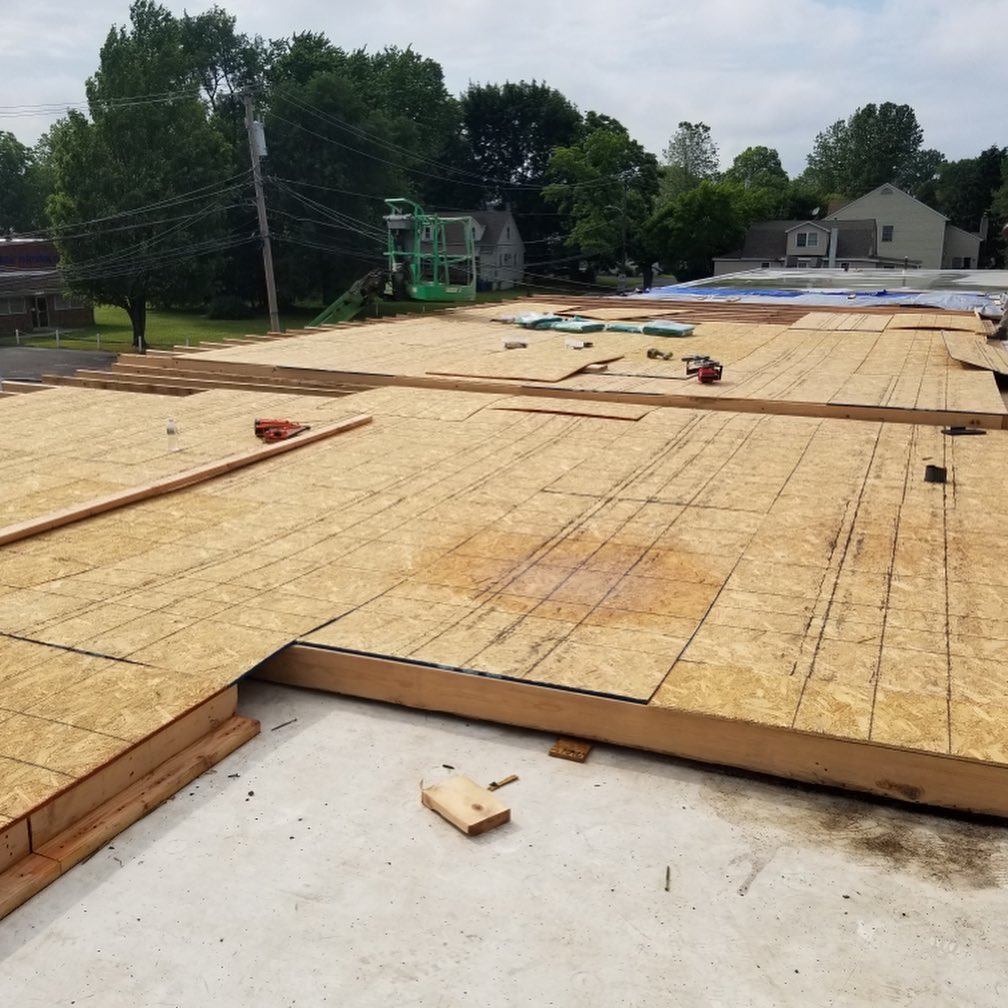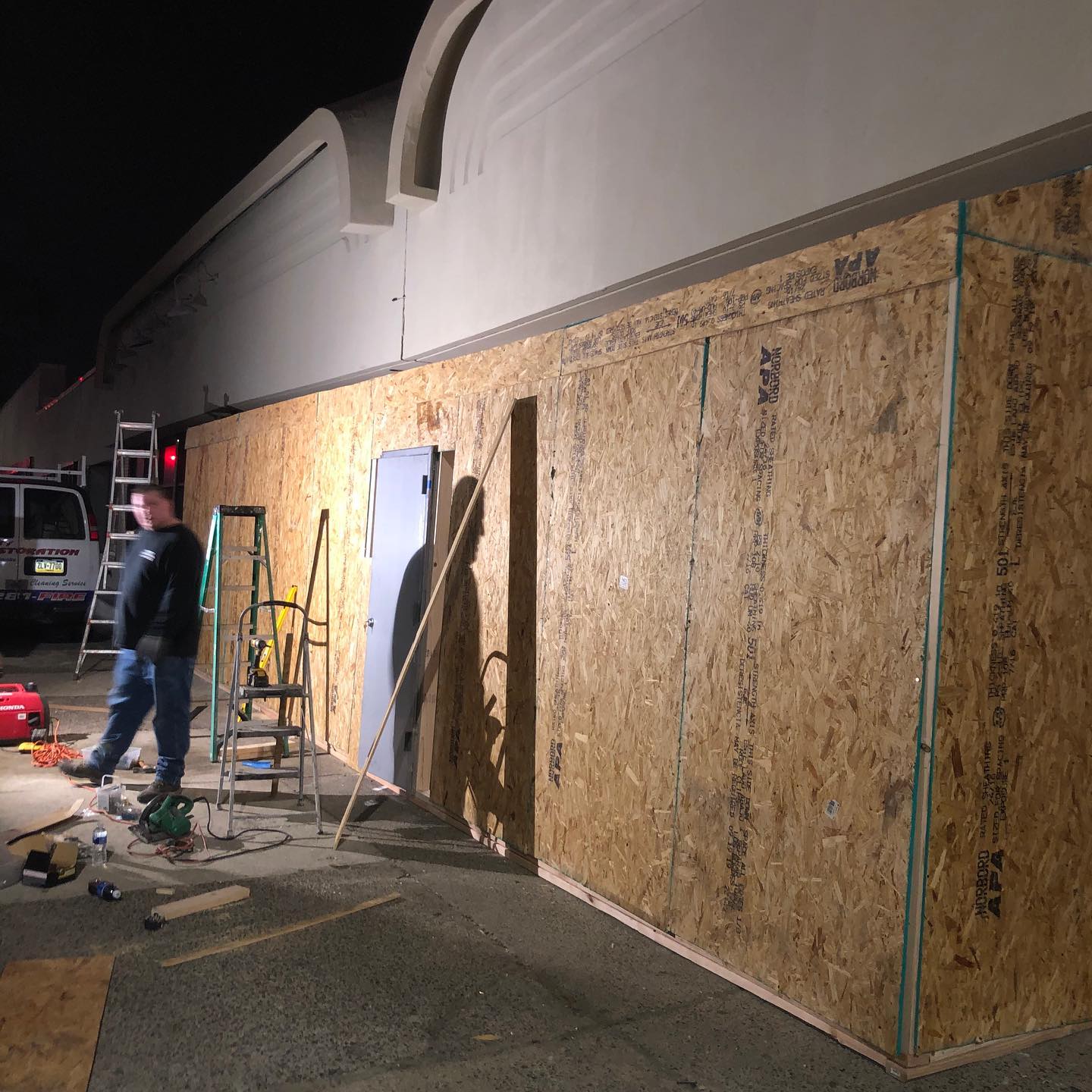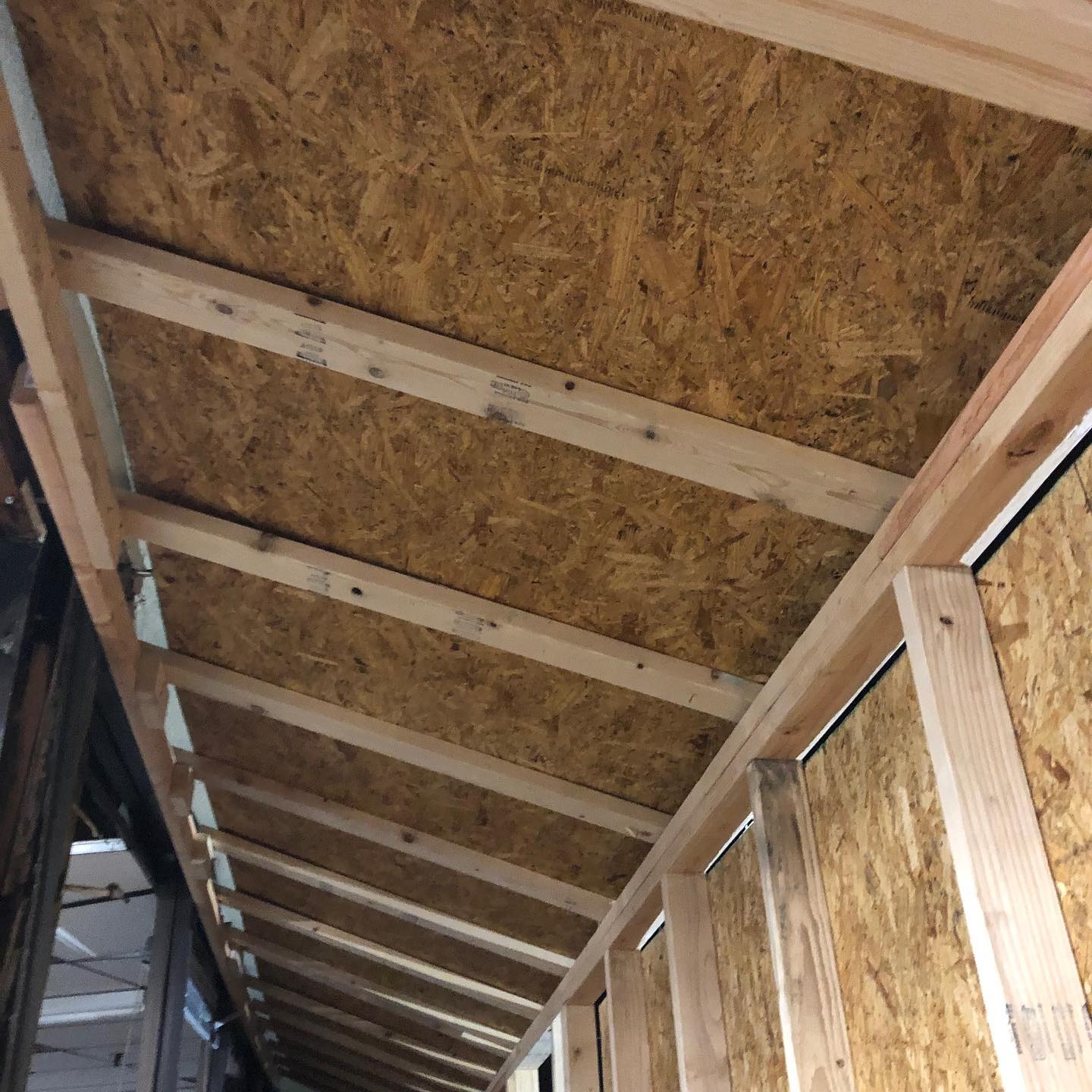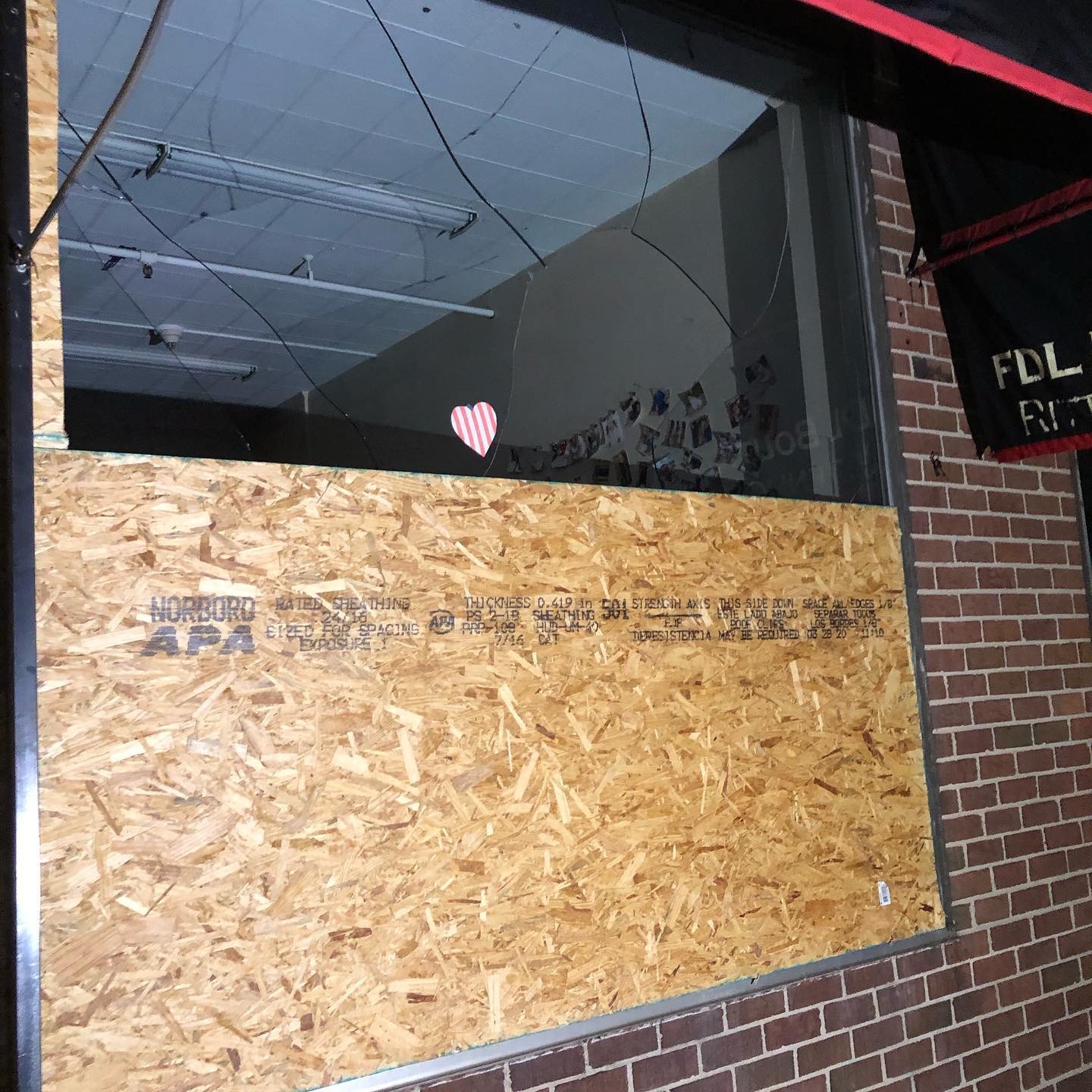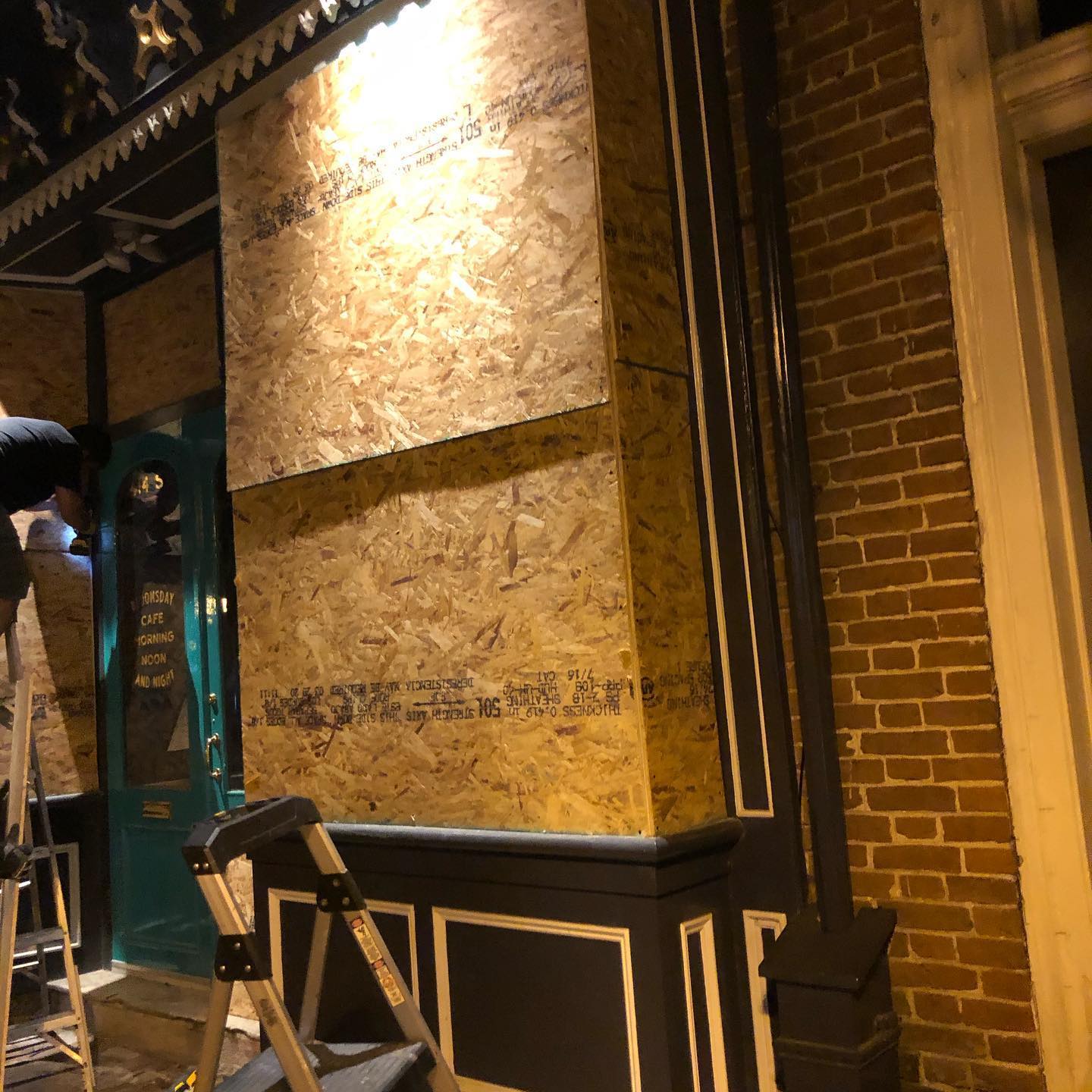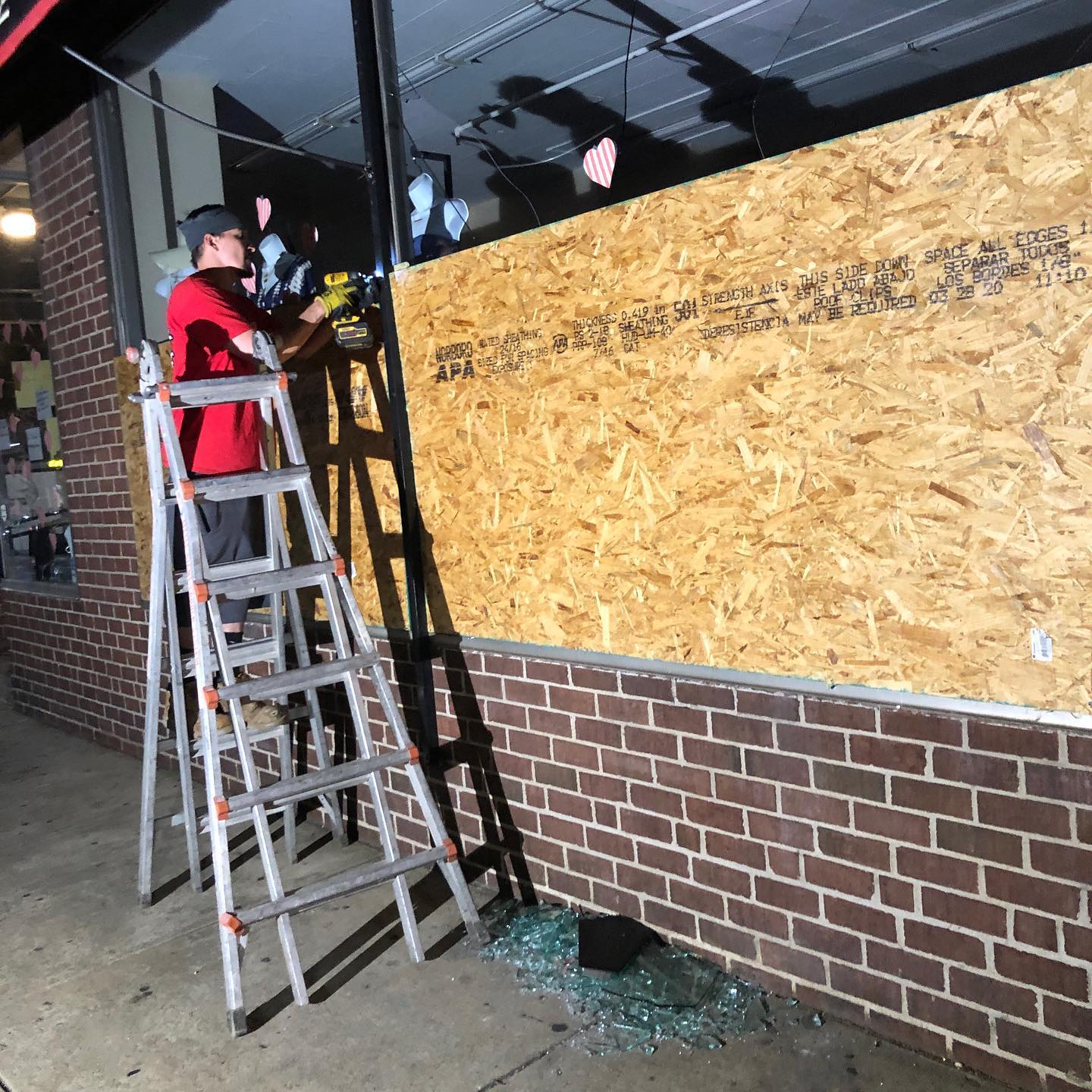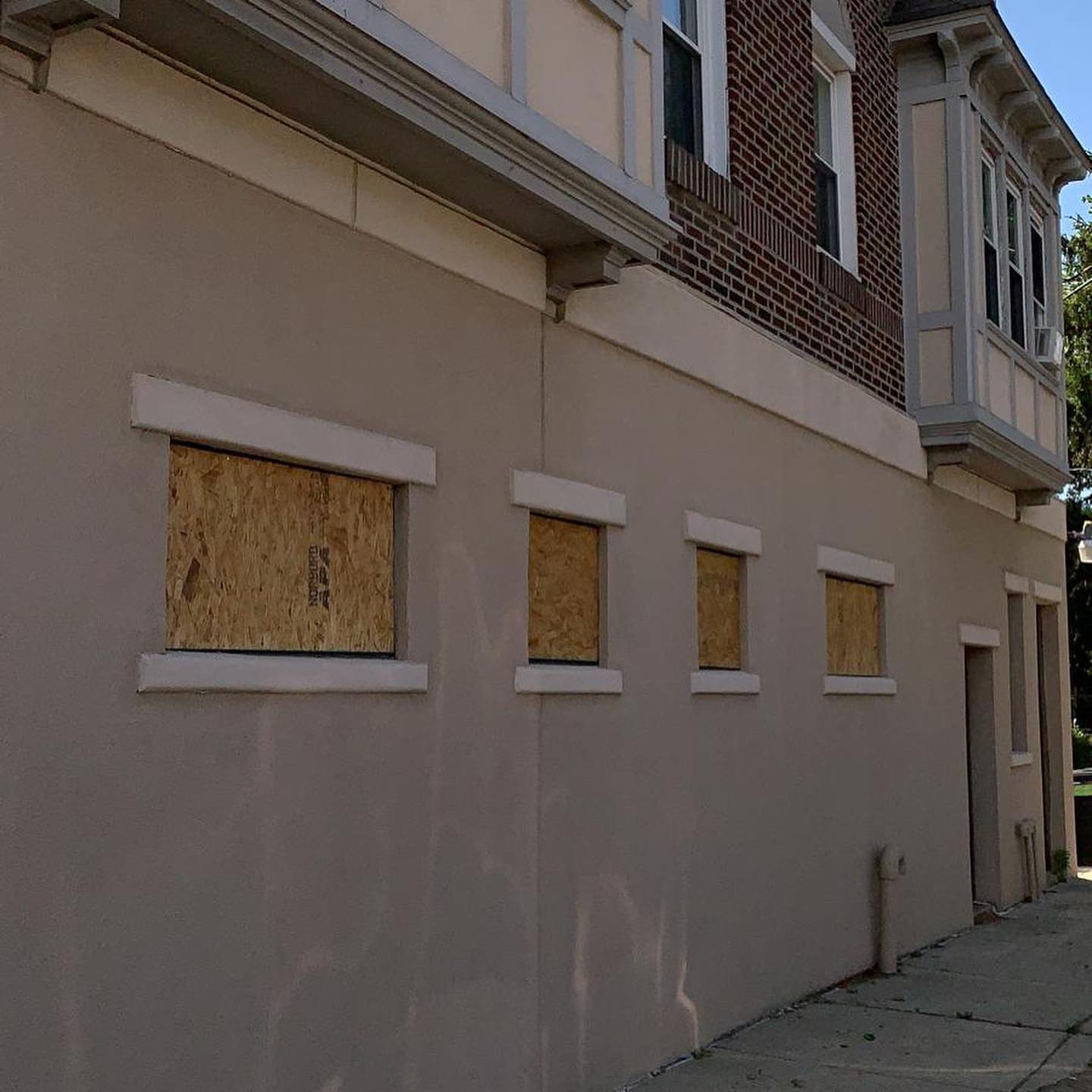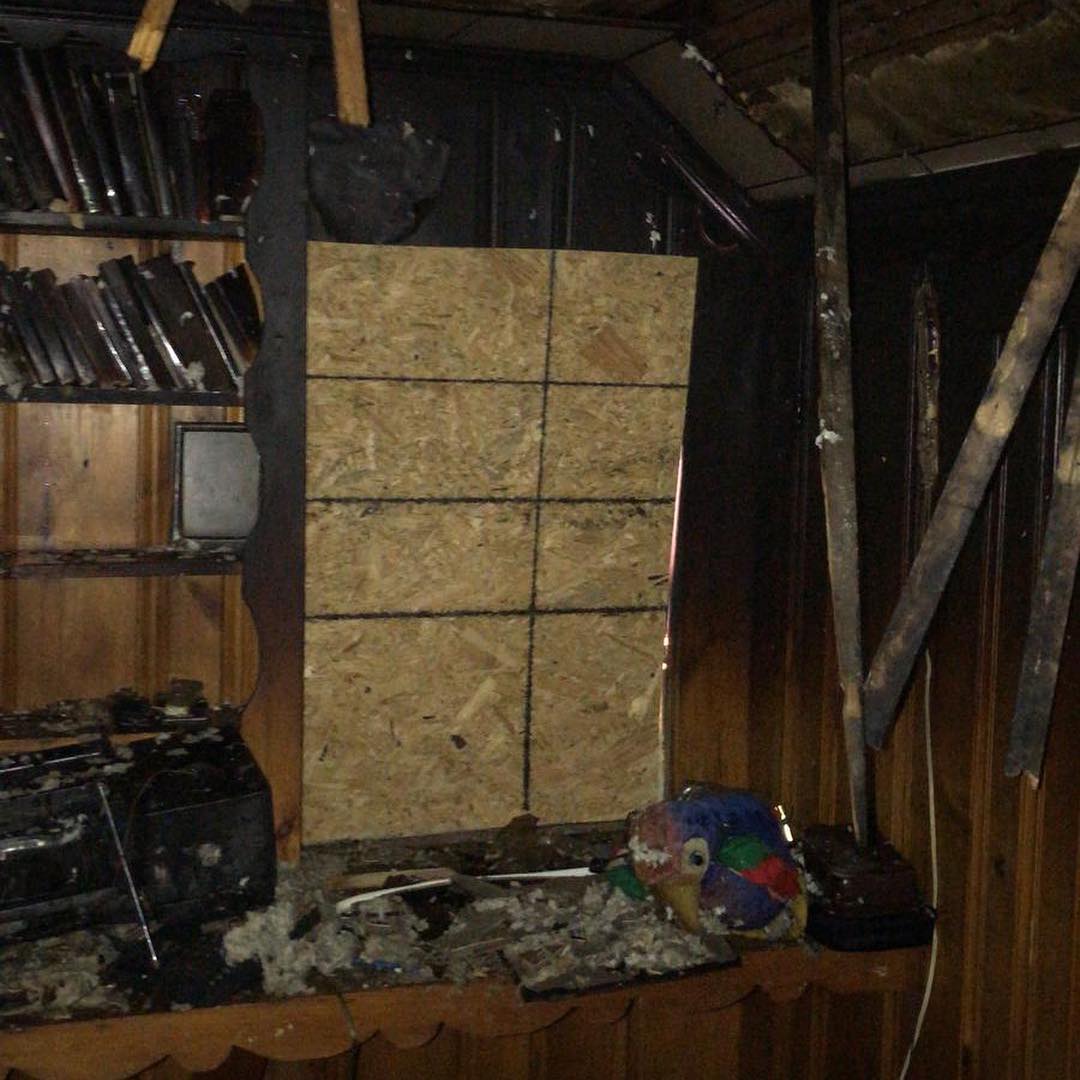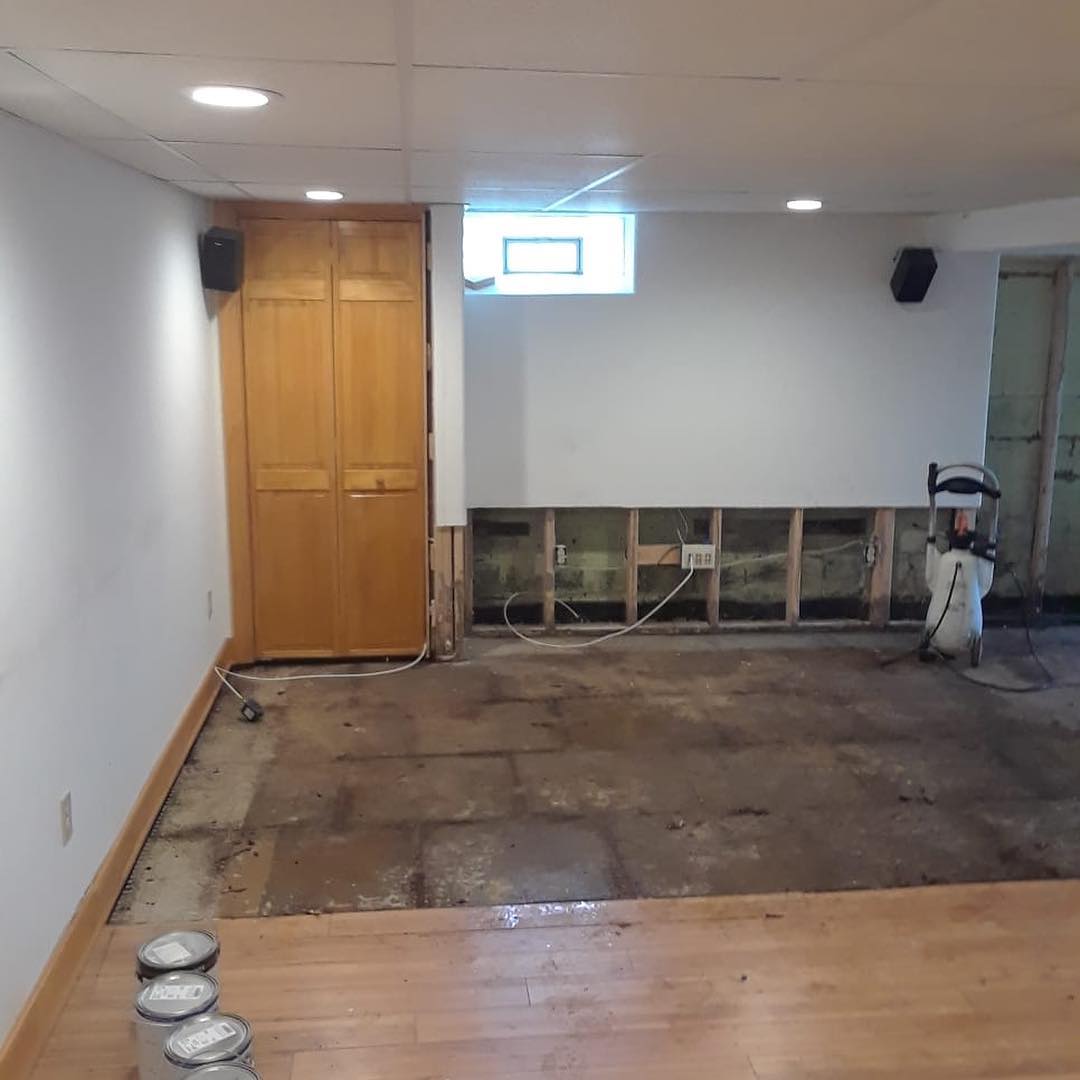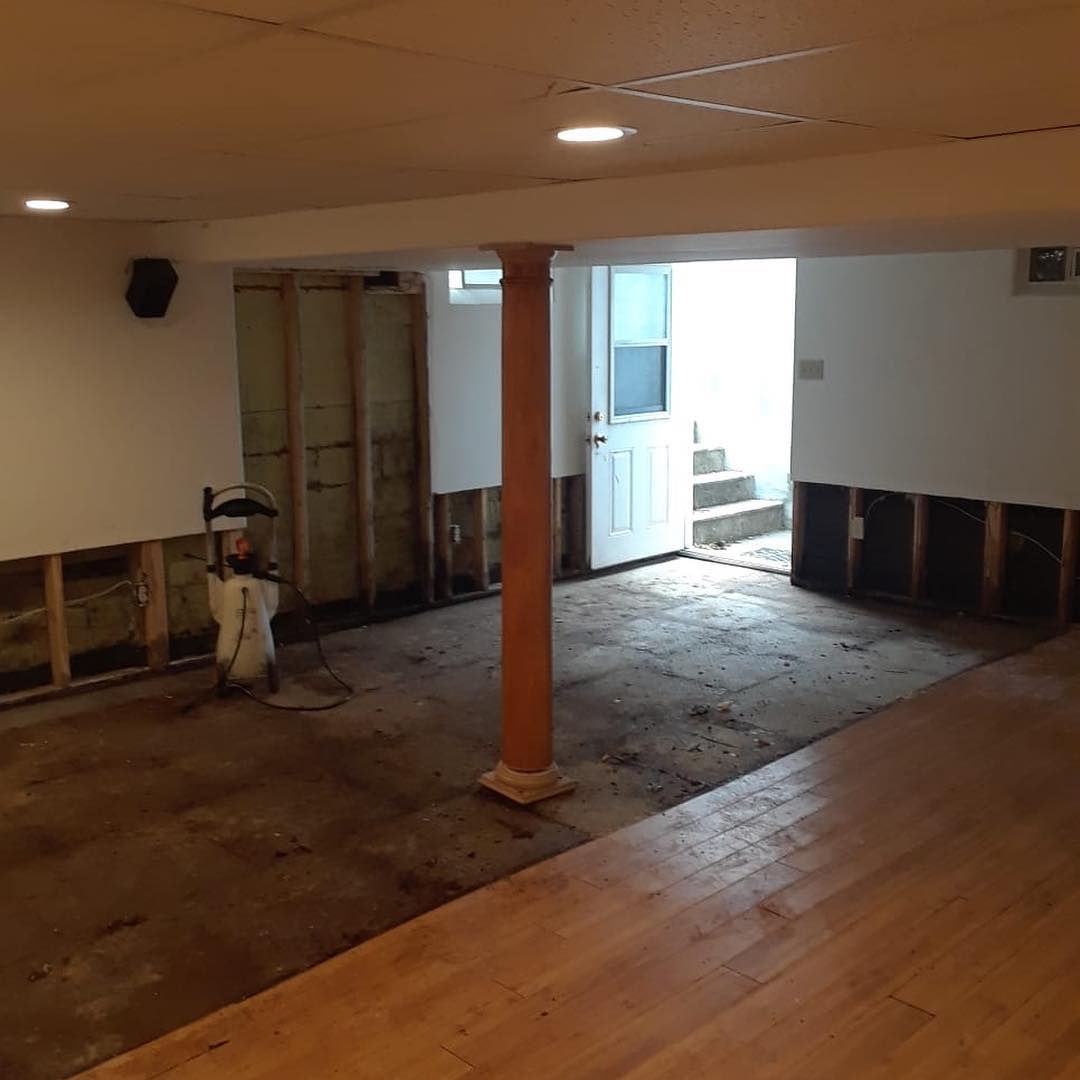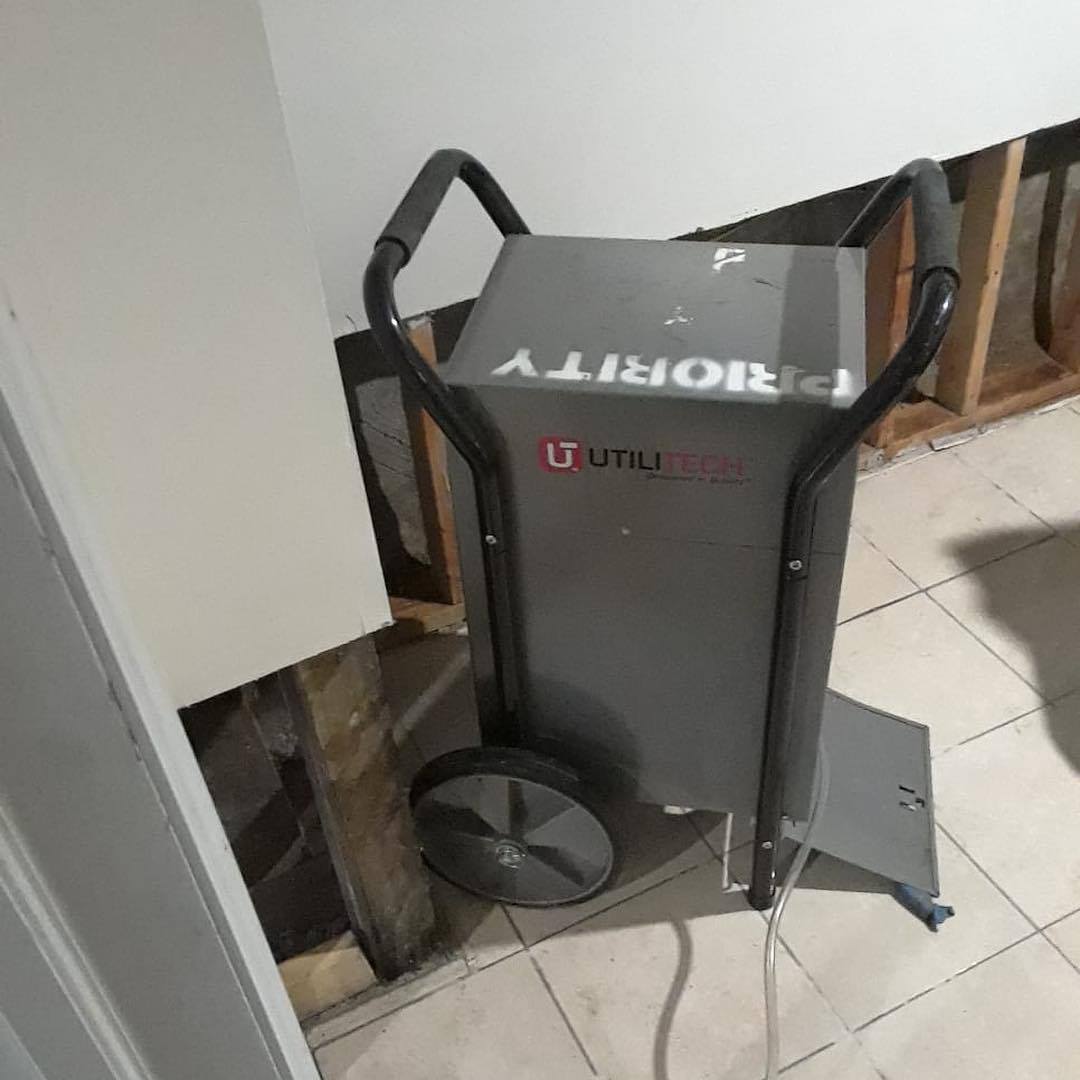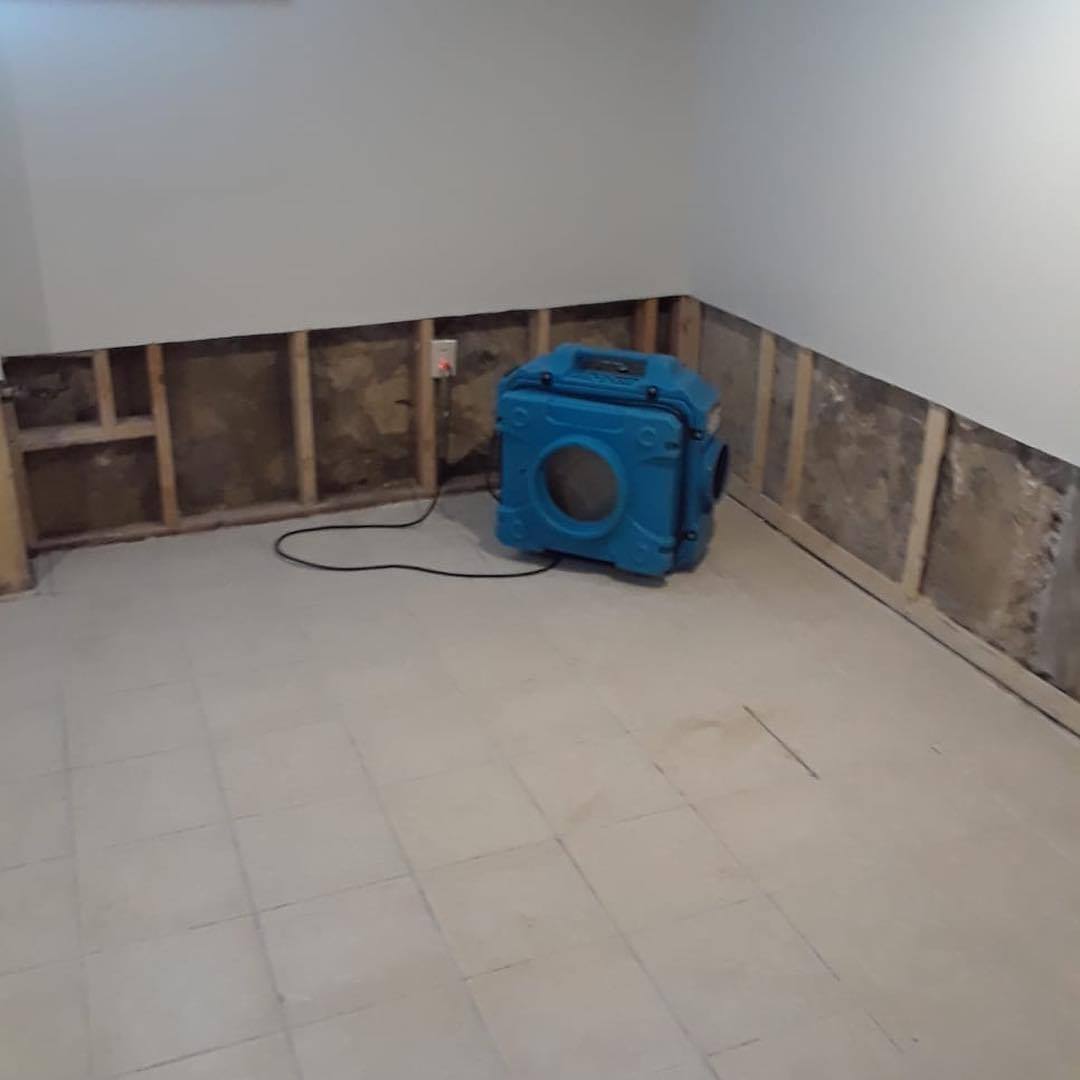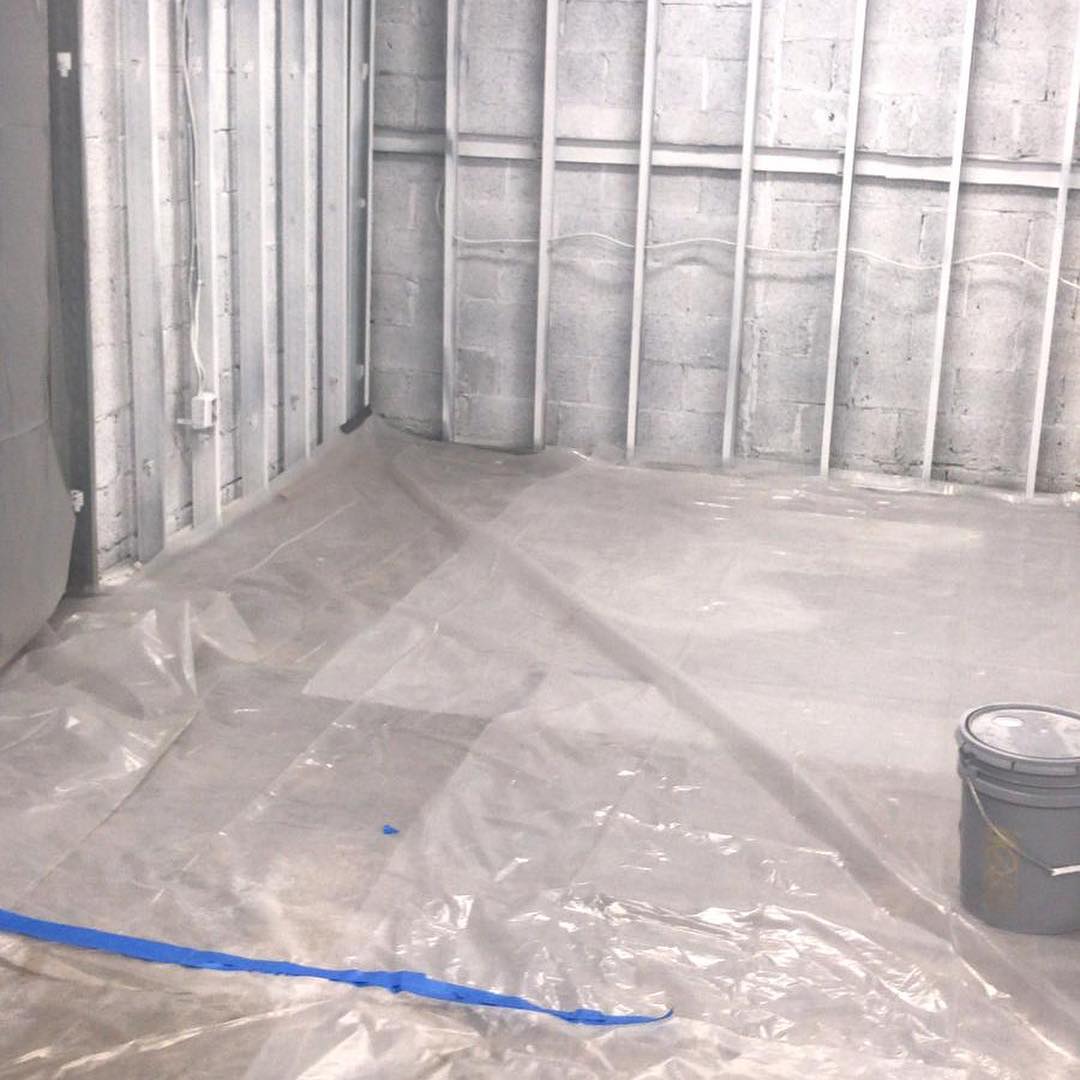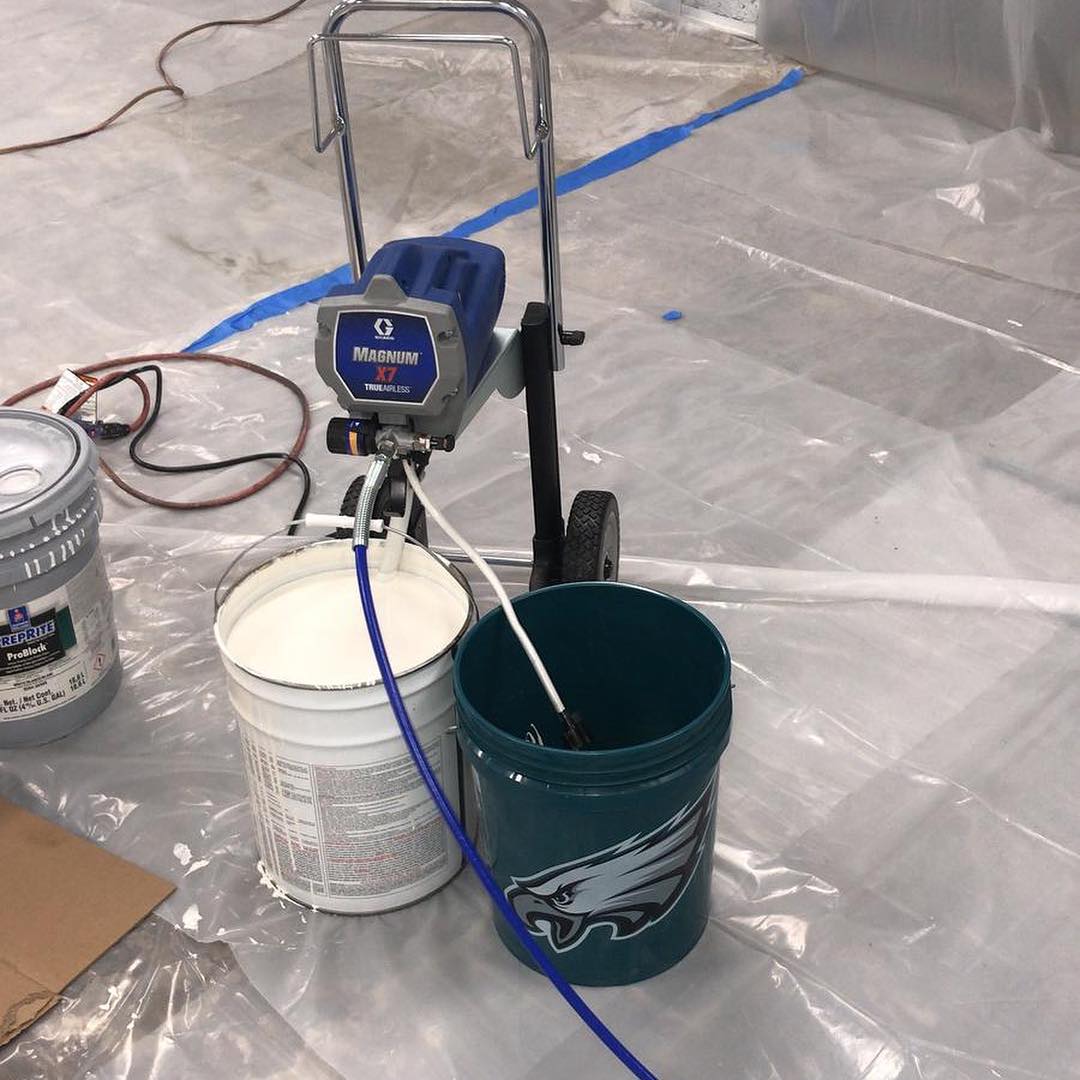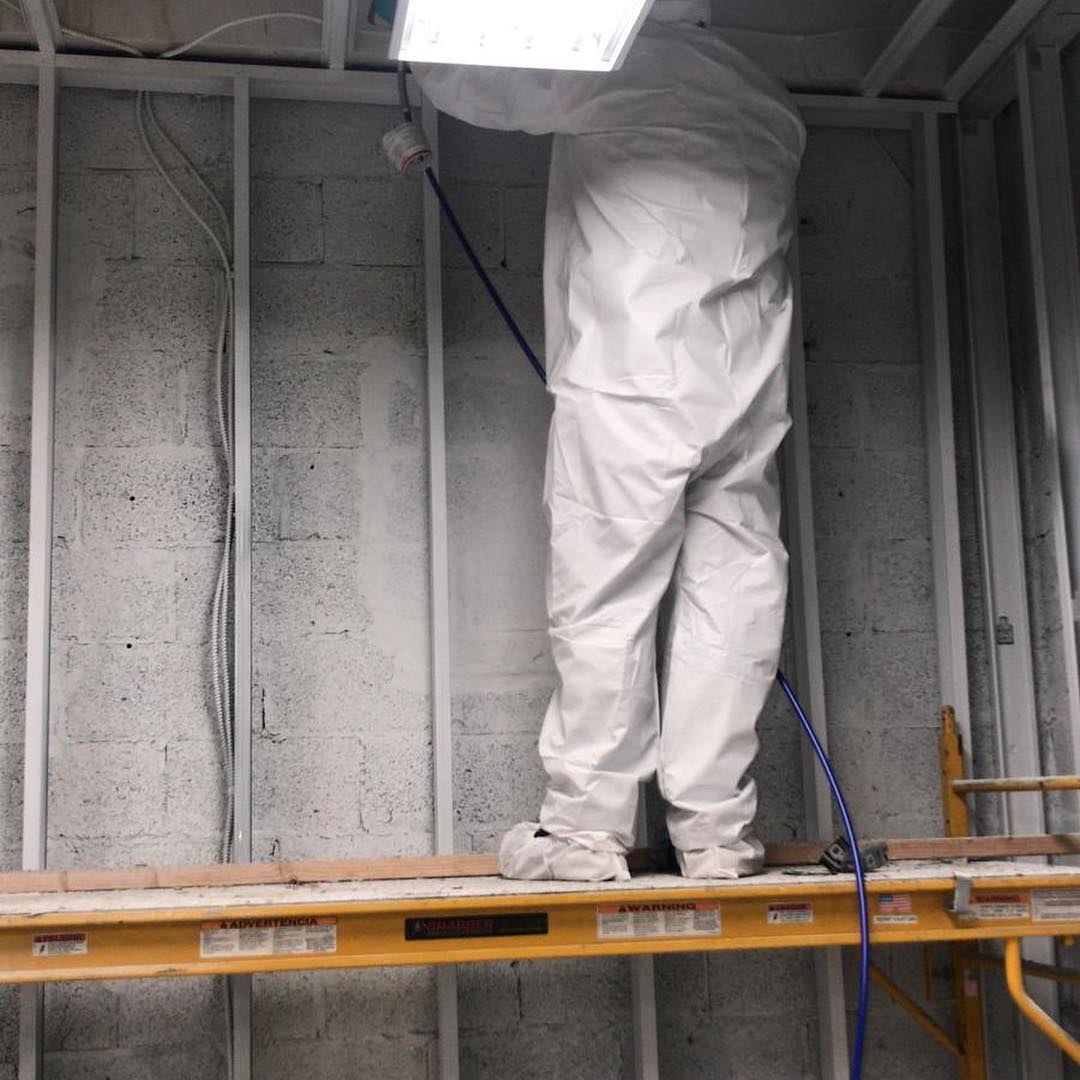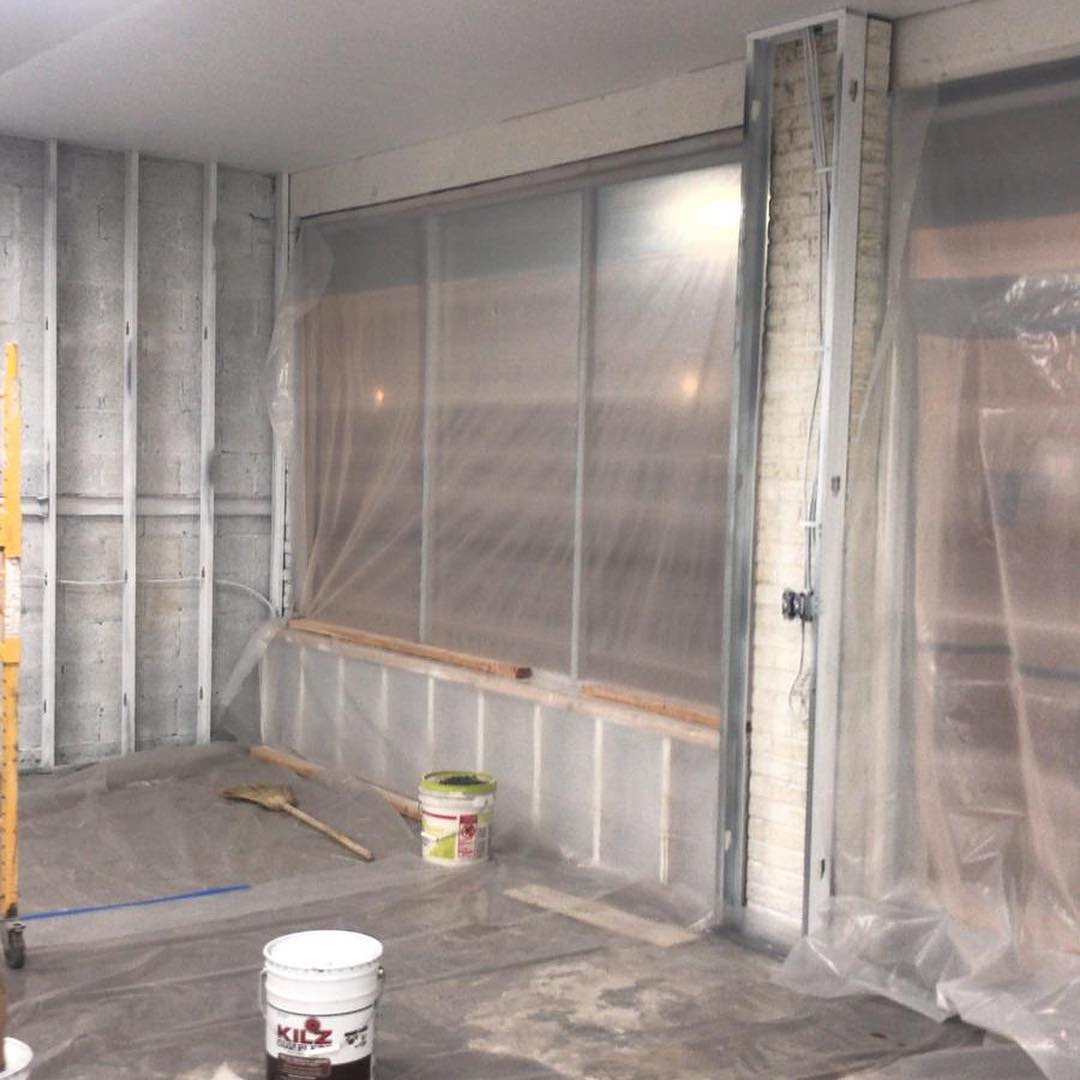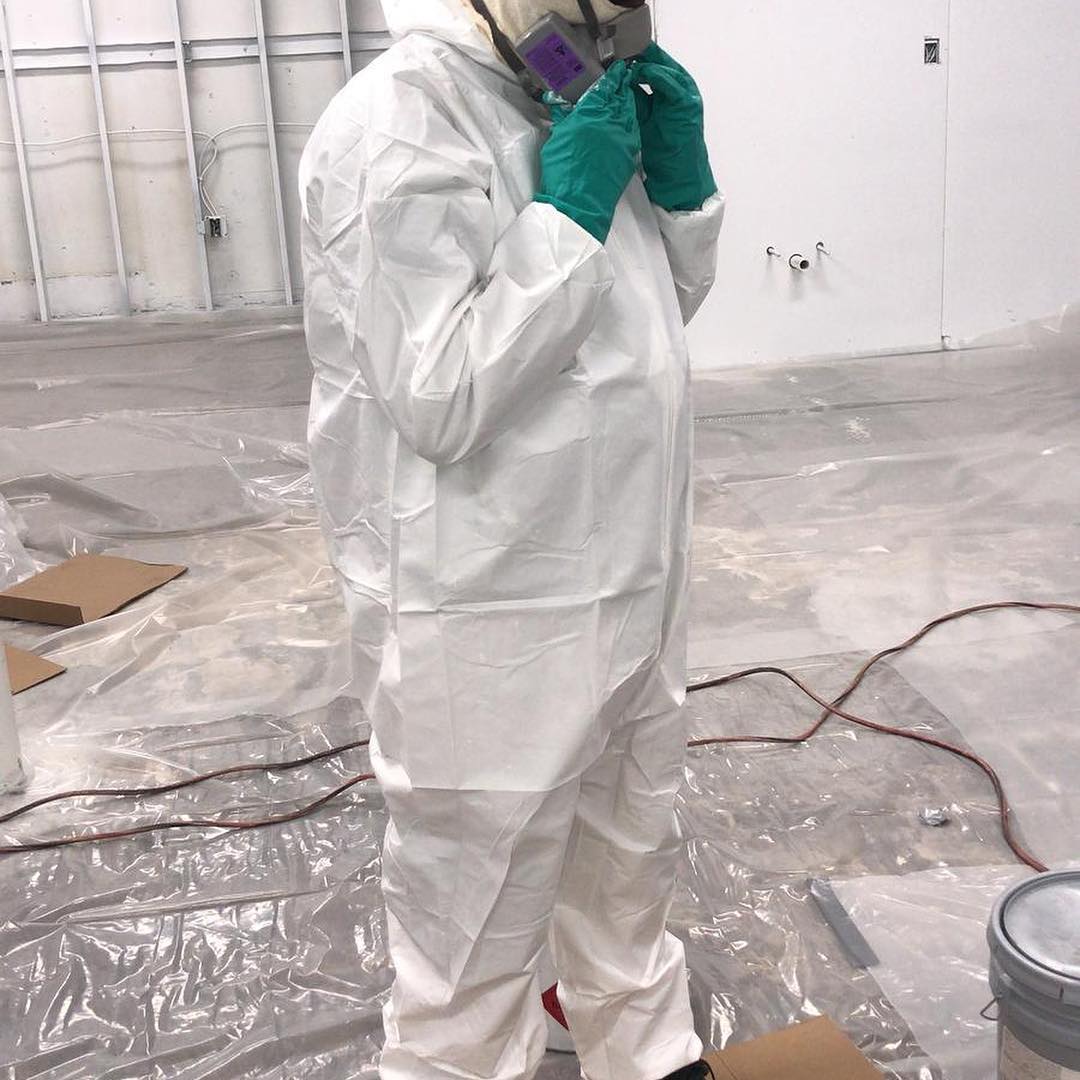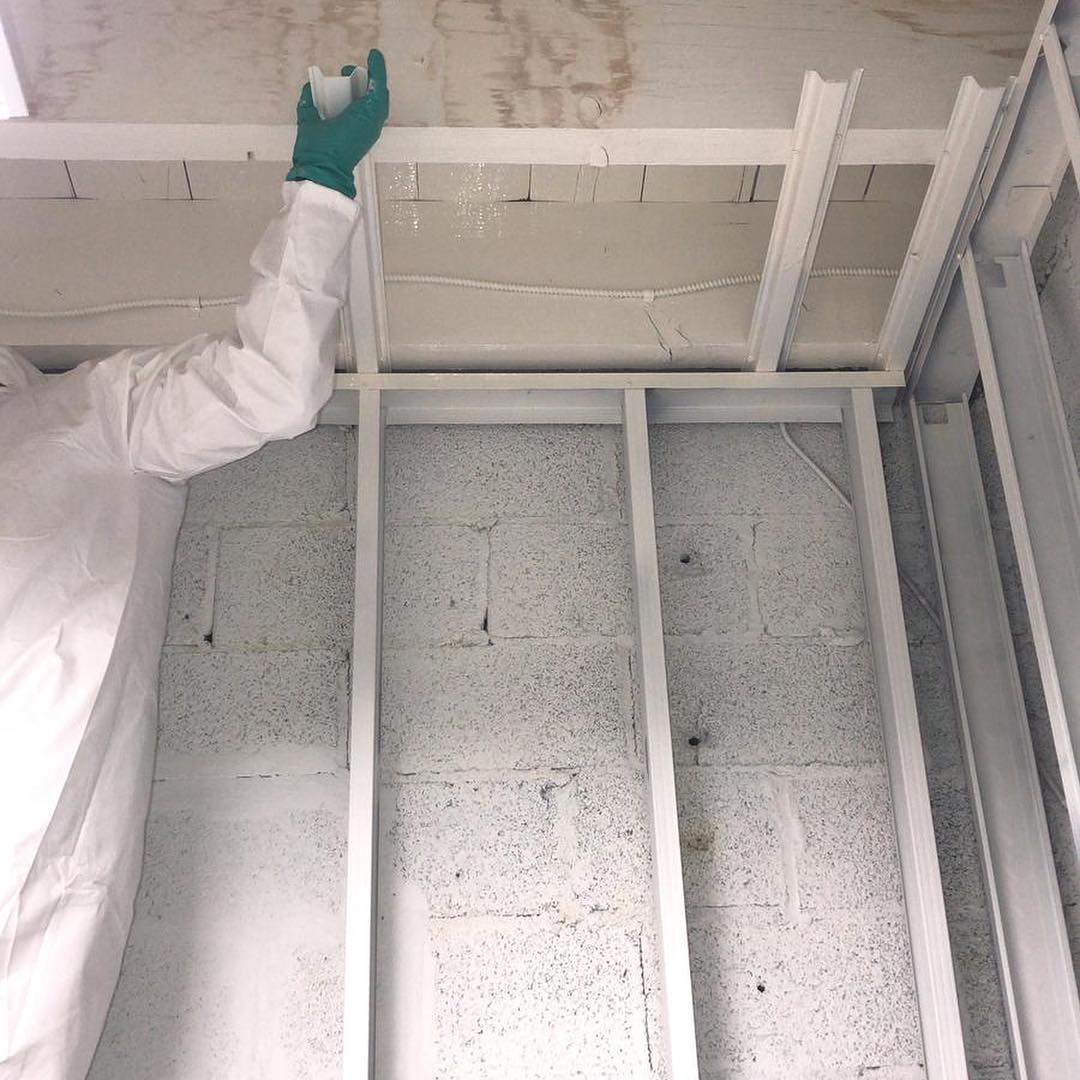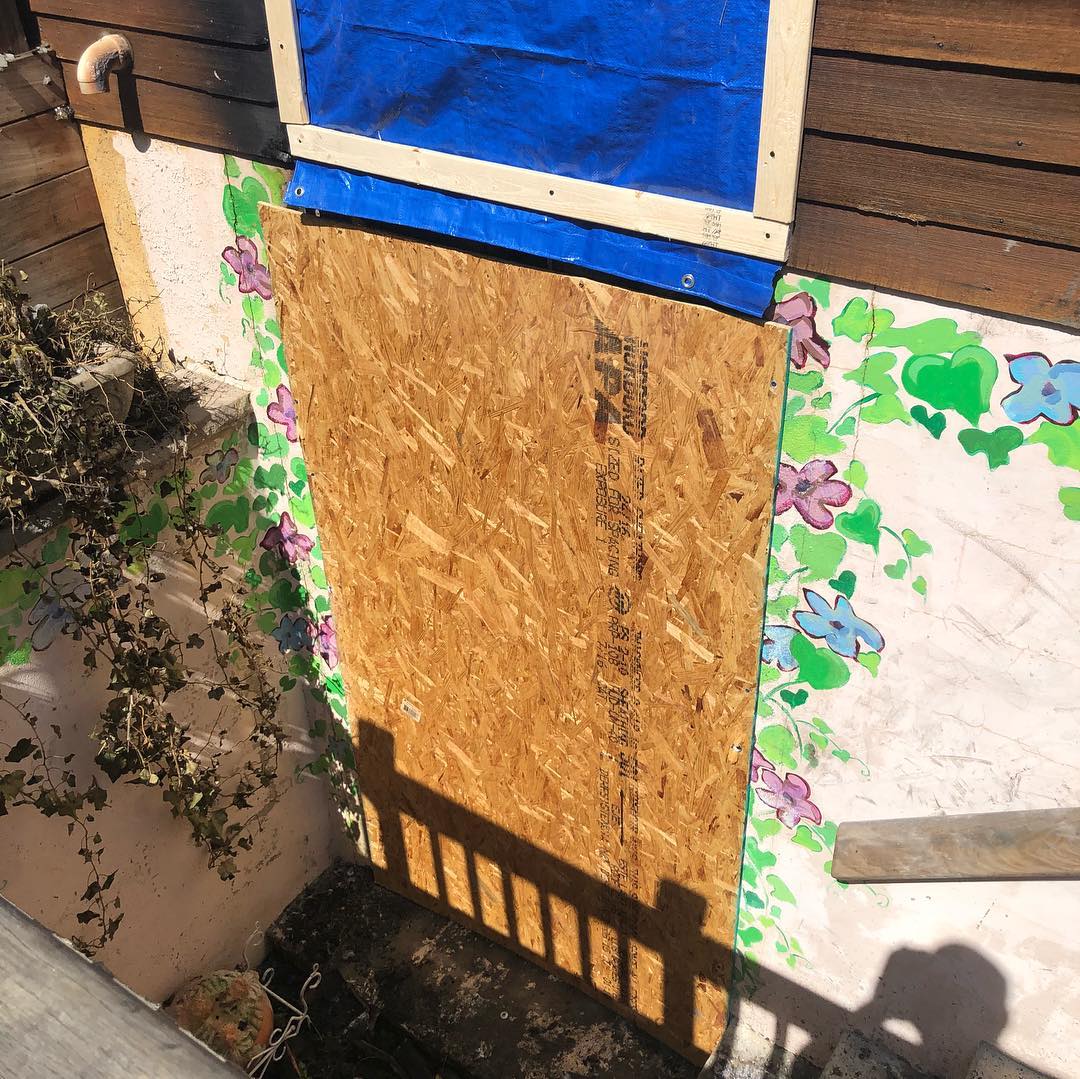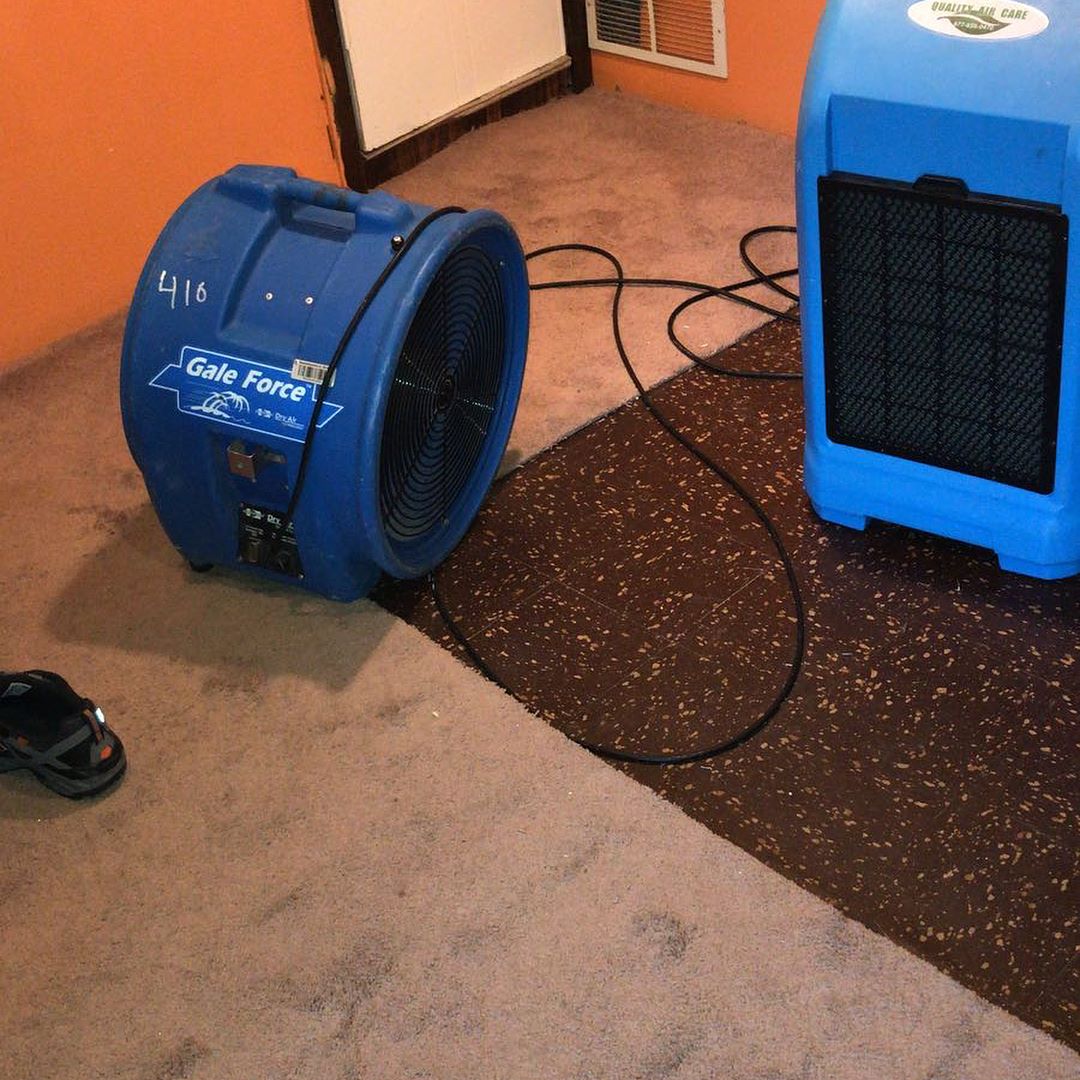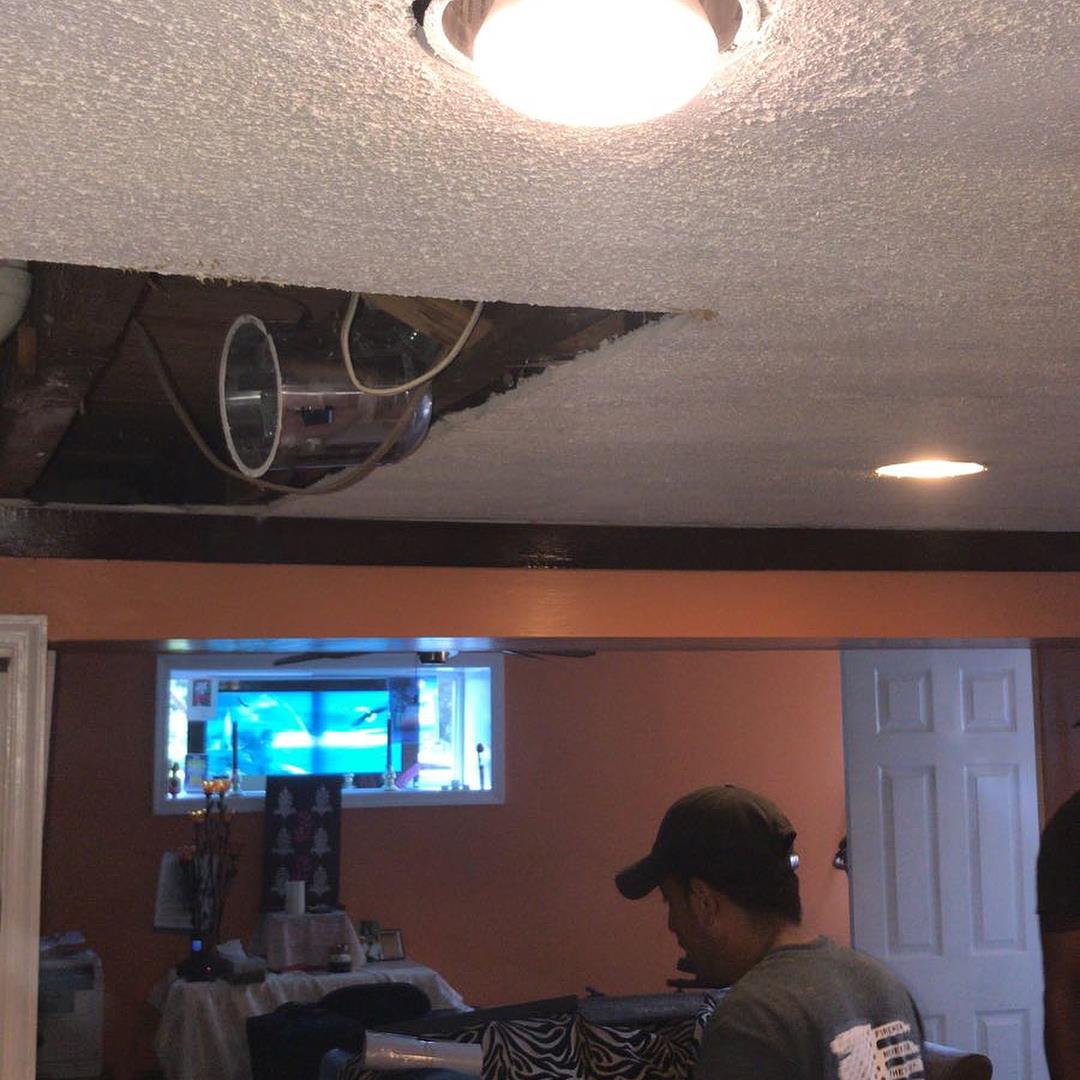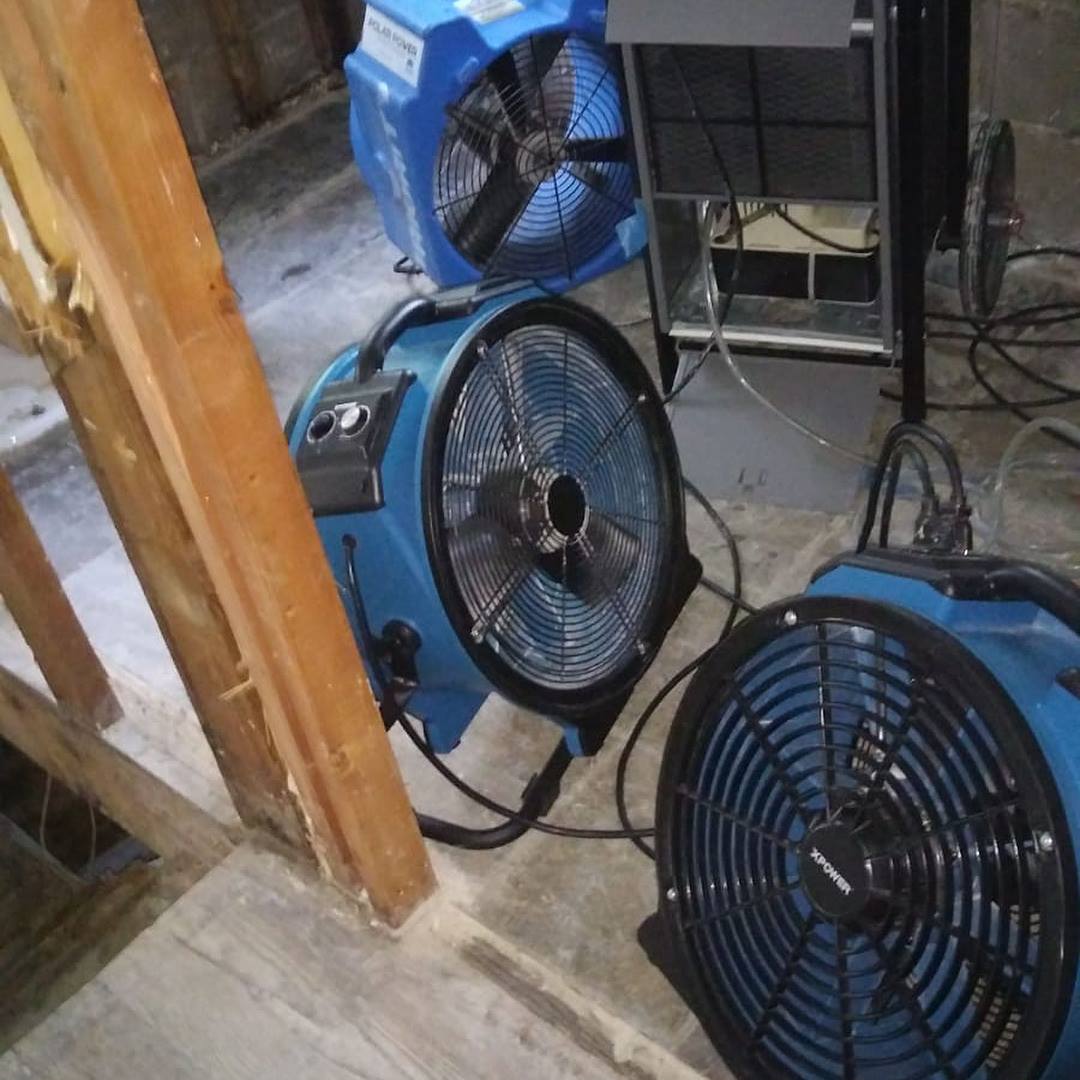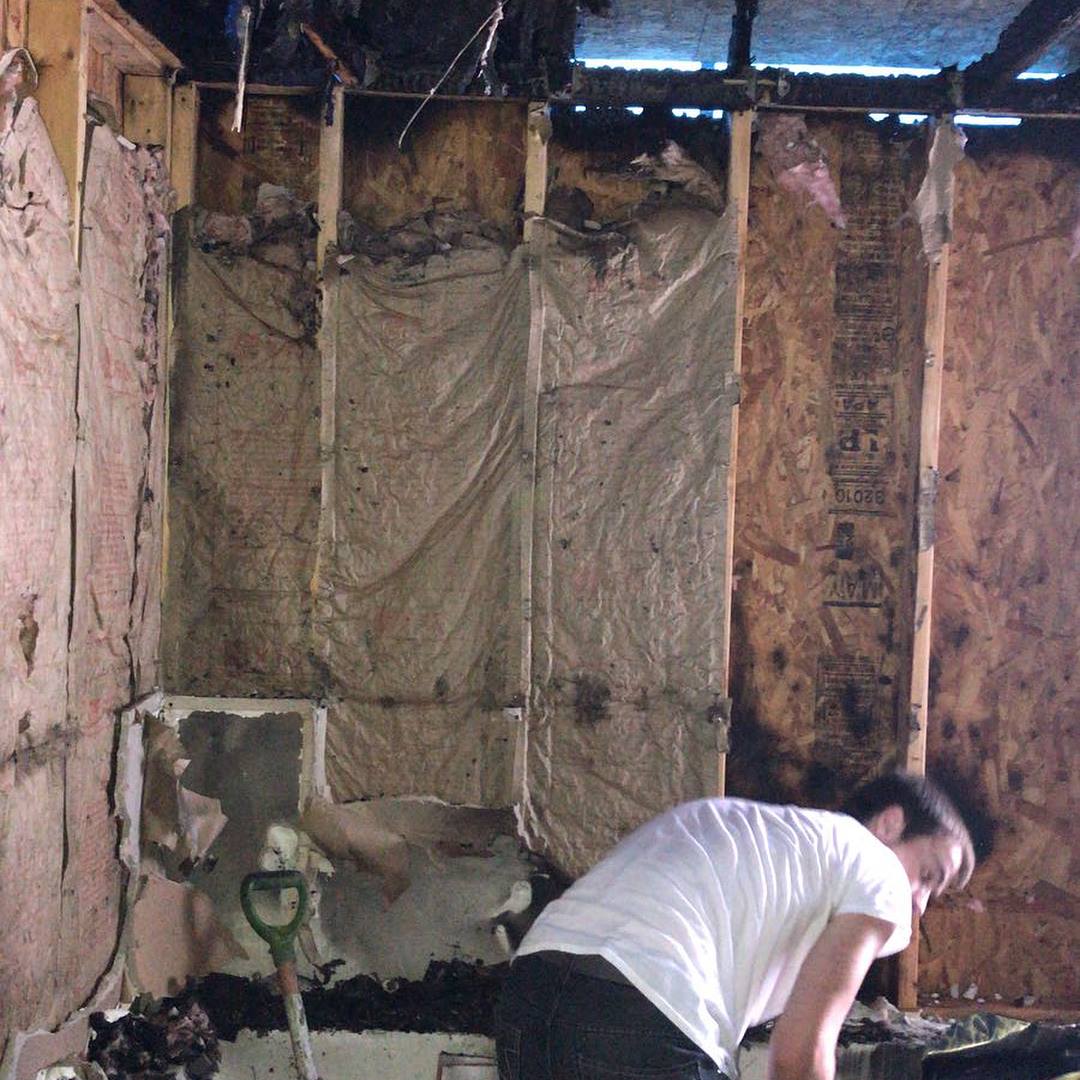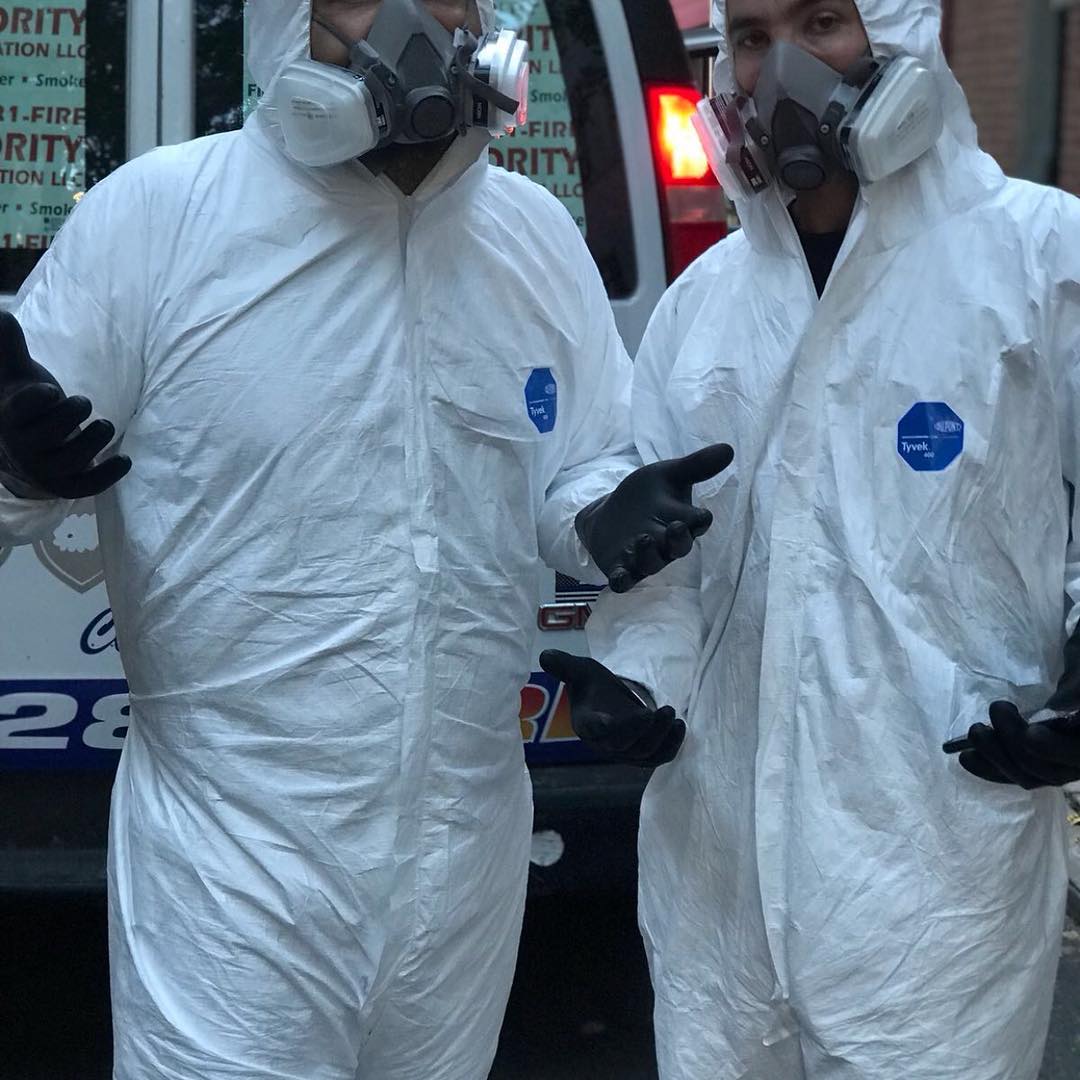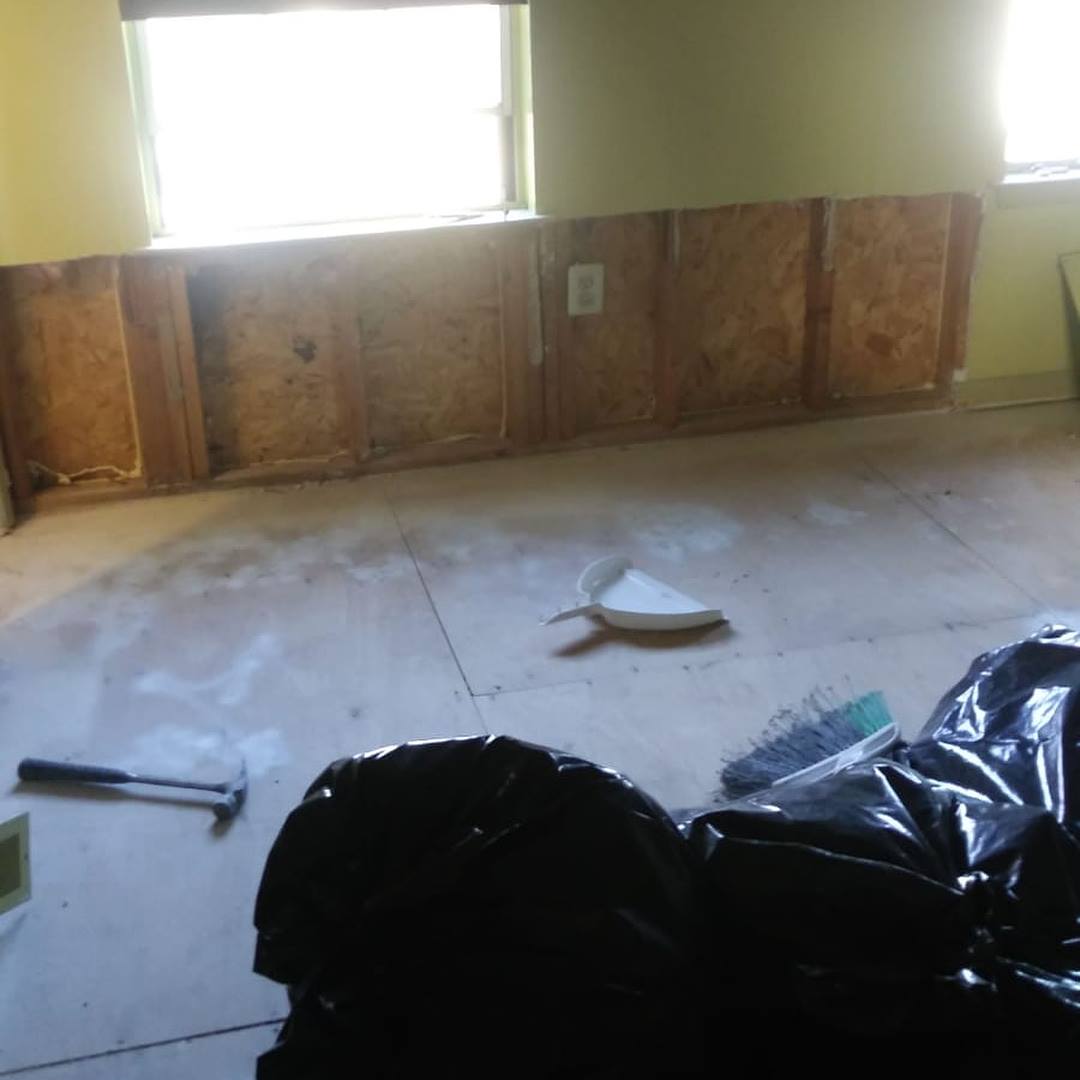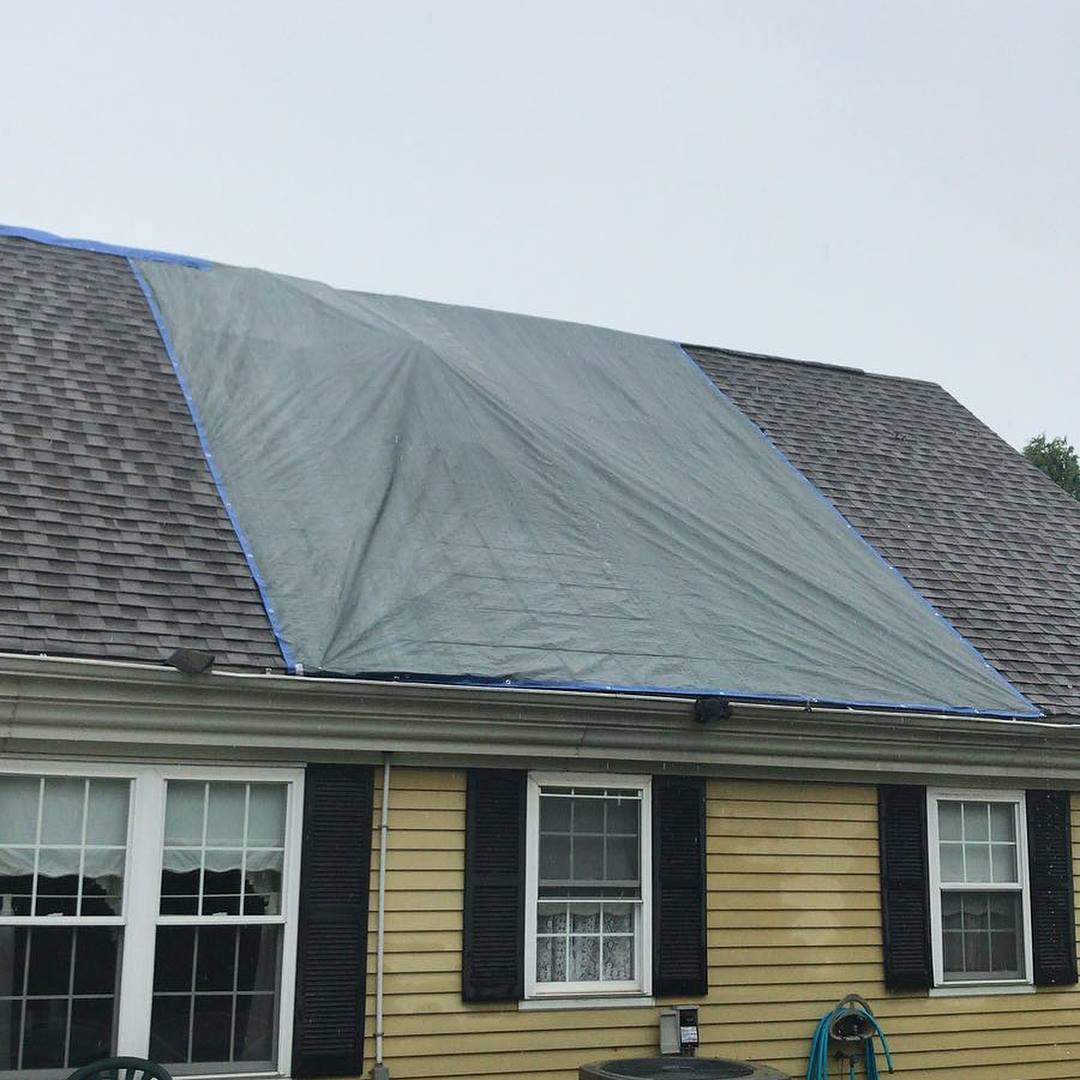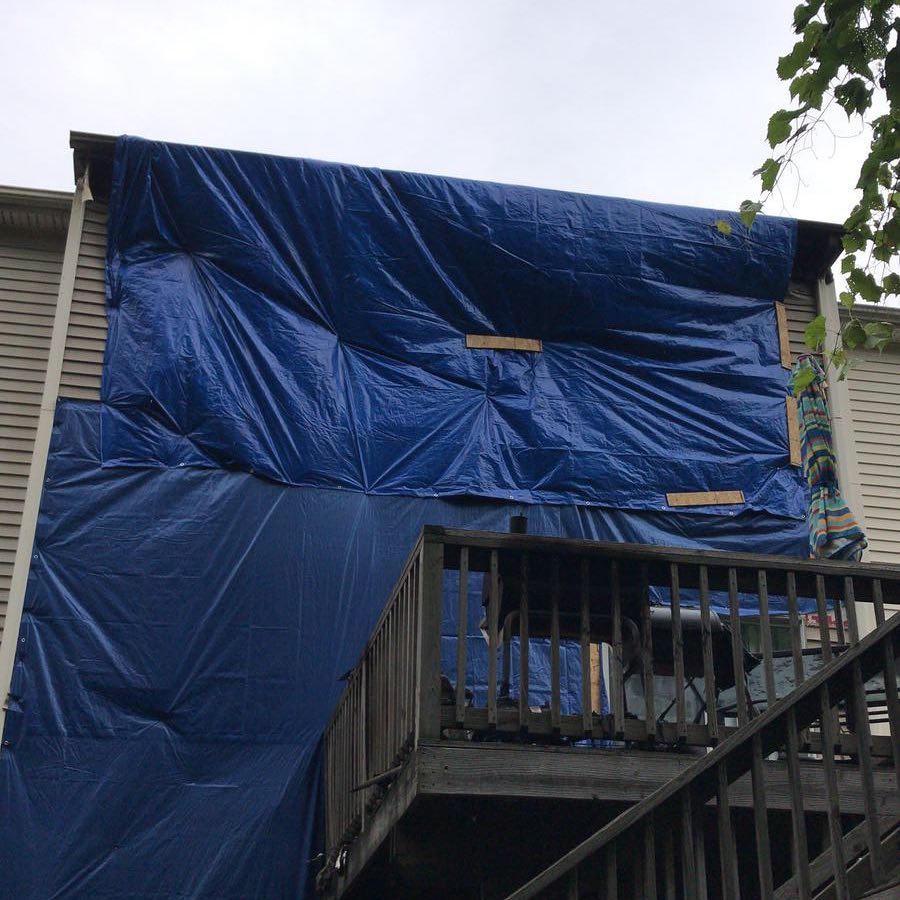
When dealing with mold, you need a reliable and local team of Philly damage restoration experts in your corner. We've restored 100s of properties, both residential and commercial, in the Philly area and we're ready to come out and help you 24/7.
We're certified, insured, and work with all insurance companies. We understand how overwhelming it can be dealing with unexpected damage so let us assist you with your claim so you can focus on getting your life back on track.

Request a Free Estimate
or call (445) 234-4123
By submitting the form, you agree to our Terms of Service and Privacy Policy.
Philadelphia 24/7 Emergency Mold Removal Company
Mold growth in homes and rental properties is a common issue, particularly in areas with high humidity and frequent water damage like Philadelphia. Mold not only affects the structural integrity of a building but also poses serious health risks to occupants. At Philly Damage Restoration, we specialize in water damage restoration, including mold removal and remediation. This guide will help homeowners and landlords in Philadelphia understand the risks of mold, how to detect it, and what steps to take for effective remediation.
Understanding Mold: What You Need to Know
Mold is a type of fungus that thrives in moist environments. It can grow on almost any surface, including wood, drywall, carpet, and insulation. Common areas where mold may develop include basements, bathrooms, kitchens, attics, and any area that has experienced water damage.
Mold spores are microscopic and can spread easily through the air. Once they land on a damp surface, they begin to grow, often unnoticed until the problem becomes severe. While mold can be various colors, black mold (Stachybotrys chartarum) is particularly notorious for its potential health risks.
Health Risks Associated with Mold
Mold exposure can cause a range of health issues, especially for those with allergies, asthma, or weakened immune systems. Common symptoms include:
- Respiratory problems (wheezing, coughing, shortness of breath)
- Nasal and sinus congestion
- Eye irritation (red, itchy, or watery eyes)
- Skin rashes
- Headaches and fatigue
In severe cases, prolonged exposure to mold can lead to more serious health complications, making it crucial to address mold issues promptly.
Detecting Mold in Your Property
Mold detection is not always straightforward, especially if it’s hidden behind walls or under flooring. Here are some signs that may indicate the presence of mold:
- Musty Odor: A persistent, damp smell is often the first sign of mold, even if you can’t see it.
- Visible Growth: Mold can appear as spots or streaks of varying colors (black, green, white, etc.) on walls, ceilings, or other surfaces.
- Water Damage: If your property has experienced water damage, mold growth is likely, particularly if the area wasn’t dried out properly.
- Allergy Symptoms: If occupants experience unexplained allergy symptoms that improve when they leave the property, mold could be the culprit.
If you suspect mold, it’s important to act quickly. Philly Damage Restoration offers professional mold inspection services to accurately detect mold and assess the extent of the problem.
Mold Removal vs. Mold Remediation
It’s important to distinguish between mold removal and mold remediation:
- Mold Removal: This involves physically removing mold from surfaces. However, removing mold alone does not address the underlying cause of mold growth.
- Mold Remediation: Remediation is a more comprehensive process that not only removes mold but also addresses the source of moisture, repairs any damage, and prevents future mold growth.
Effective mold remediation requires a thorough approach that includes the following steps:
- Inspection and Assessment: A detailed inspection to identify the type of mold, the affected areas, and the source of moisture.
- Containment: Containing the affected area to prevent the spread of mold spores to other parts of the property.
- Air Filtration: Using specialized equipment to remove mold spores from the air and improve indoor air quality.
- Mold Removal: Physically removing mold from surfaces, including cleaning or replacing contaminated materials.
- Moisture Control: Addressing the source of moisture to prevent mold from returning. This may involve repairing leaks, improving ventilation, or installing dehumidifiers.
- Restoration: Repairing or replacing damaged materials, such as drywall, insulation, or flooring, to restore the property to its original condition.
DIY Mold Removal: When Is It Safe?
While some small mold issues can be handled by homeowners or landlords, it's crucial to know when to call in professionals. Here are some guidelines:
- Small, Isolated Areas: If the mold covers less than 10 square feet (roughly a 3x3-foot patch), you may be able to handle the removal yourself using appropriate protective gear and cleaning solutions. Always wear gloves, goggles, and an N95 mask to protect yourself.
- Widespread or Recurring Mold: If the mold covers a large area, keeps returning, or is found in your HVAC system, it’s best to contact professionals like Philly Damage Restoration. Attempting to remove extensive mold on your own can spread spores and worsen the problem.
- Health Concerns: If you or your tenants have health issues that could be aggravated by mold exposure, professional remediation is recommended.
Preventing Mold Growth in Philadelphia Homes
Prevention is key to avoiding mold problems in the first place. Here are some tips:
- Control Humidity Levels: Keep indoor humidity below 60%. Use dehumidifiers, especially in basements and other damp areas.
- Fix Leaks Promptly: Repair any leaks in your roof, walls, or plumbing as soon as they are detected.
- Ensure Proper Ventilation: Use exhaust fans in bathrooms and kitchens, and ensure your home has adequate ventilation.
- Dry Wet Areas Quickly: After any flooding or water spill, dry out the area as soon as possible to prevent mold from taking hold.
- Regular Inspections: Regularly inspect areas prone to moisture, such as basements, attics, and under sinks, to catch mold early.
Why Choose Philly Damage Restoration for Mold Remediation?
Philly Damage Restoration offers comprehensive mold remediation services tailored to the unique needs of Philadelphia properties. Our team of certified professionals uses the latest technology and techniques to ensure your home or rental property is mold-free and safe. We understand the specific challenges that Philadelphia's climate and housing stock present and are committed to providing fast, effective, and affordable solutions.
If you’re dealing with mold in your Philadelphia home or rental property, don’t wait—contact Philly Damage Restoration today for a professional inspection and remediation plan. Protect your investment, your health, and your peace of mind.
Frequently Asked Questions About Mold Removal in Philly
Common signs of mold in Philadelphia properties include musty odors, visible mold growth on surfaces such as walls or ceilings, water stains, and allergic reactions like sneezing or coughing. If you suspect mold growth, it's essential to conduct a thorough inspection by a certified mold inspector to assess the extent of the problem.






















